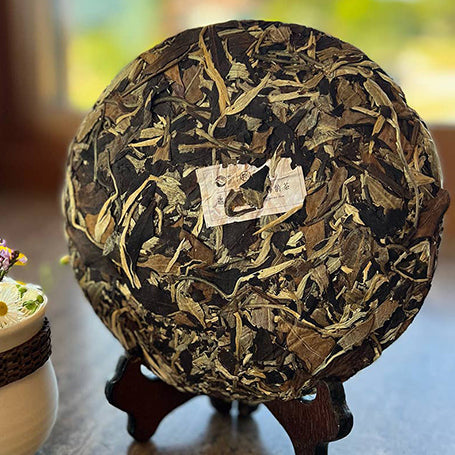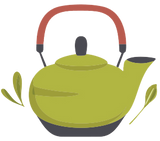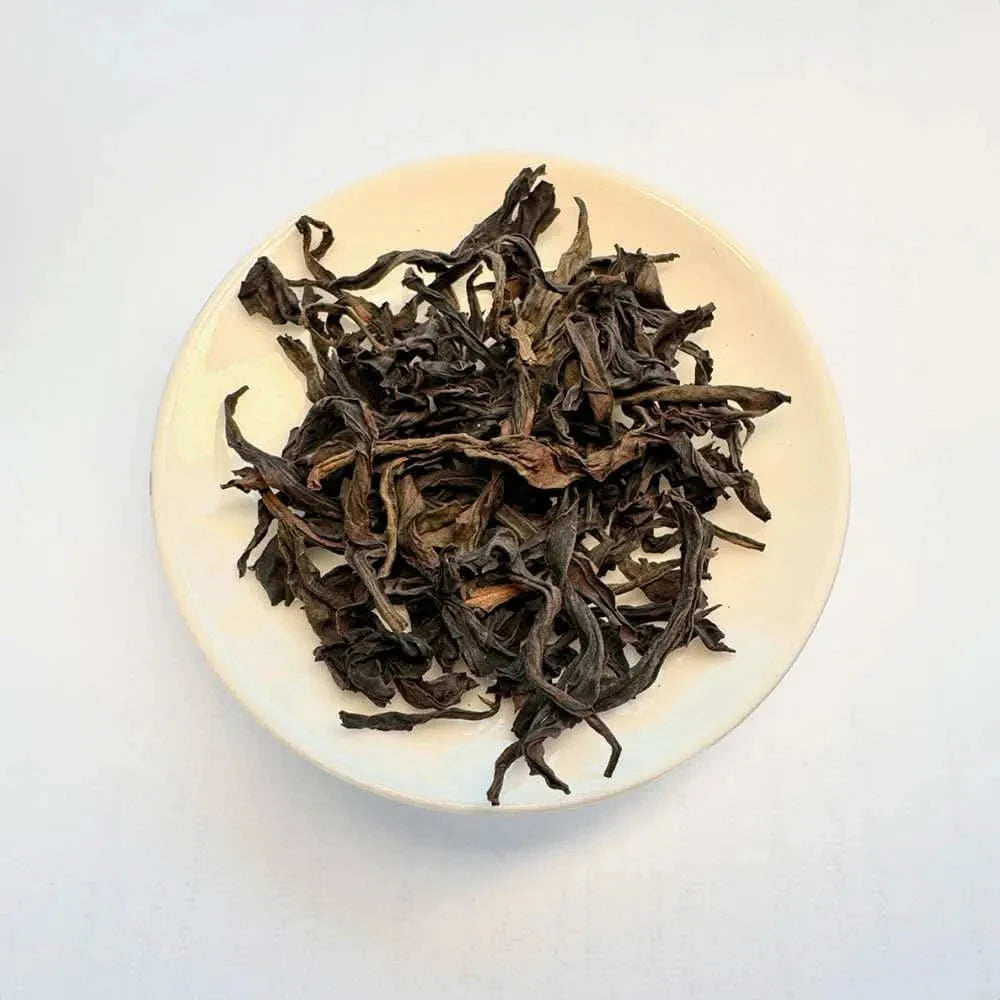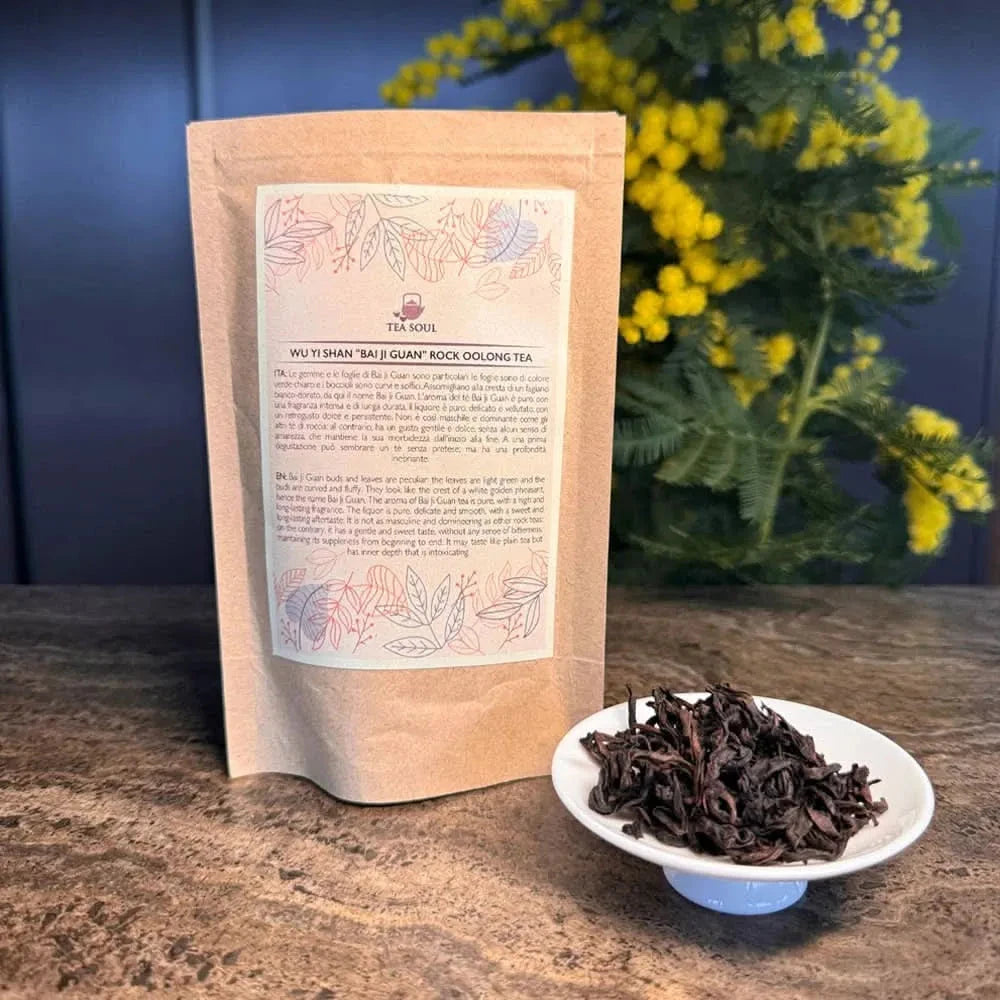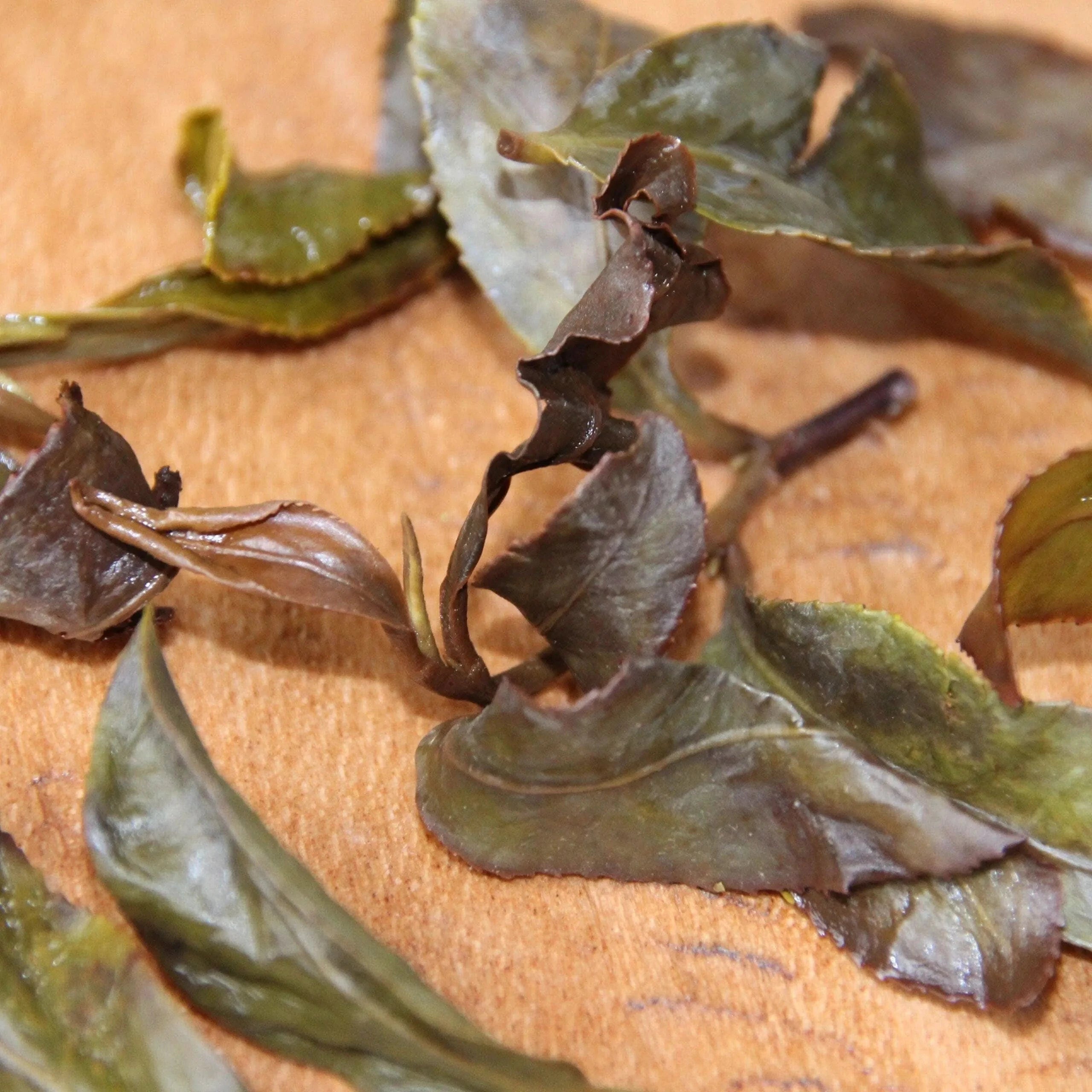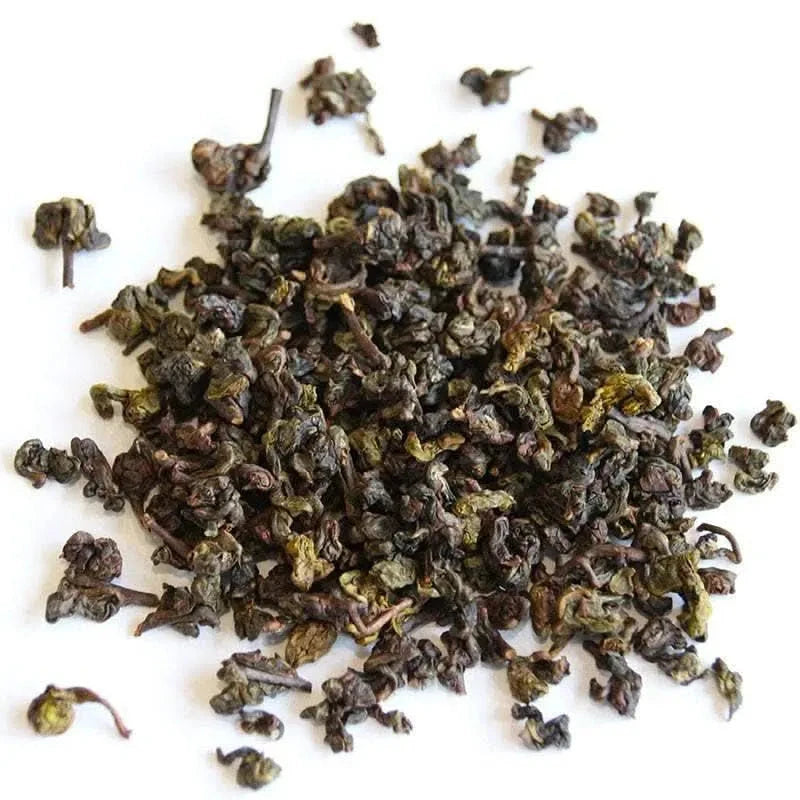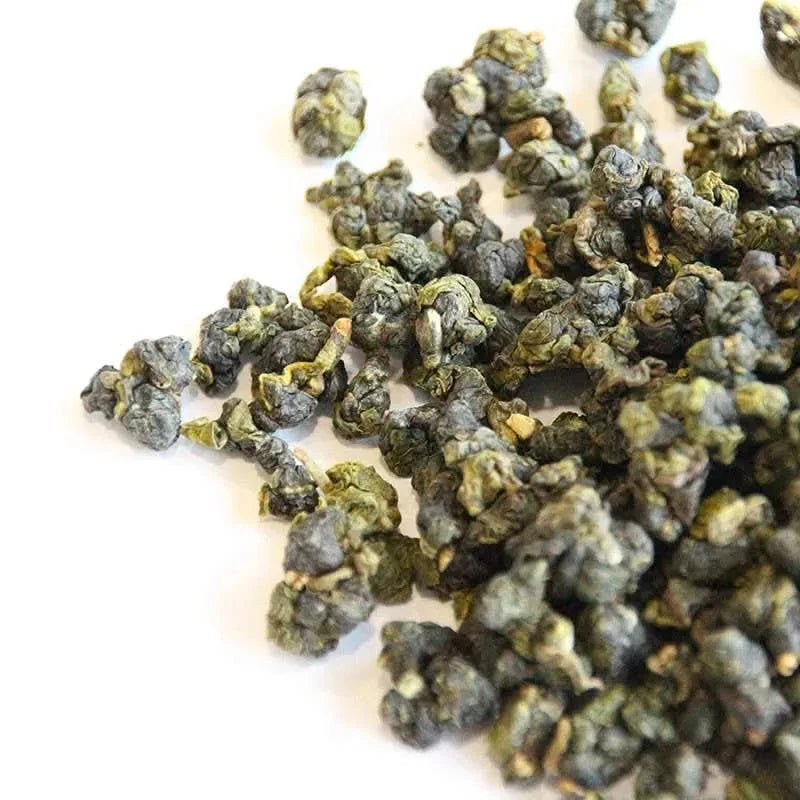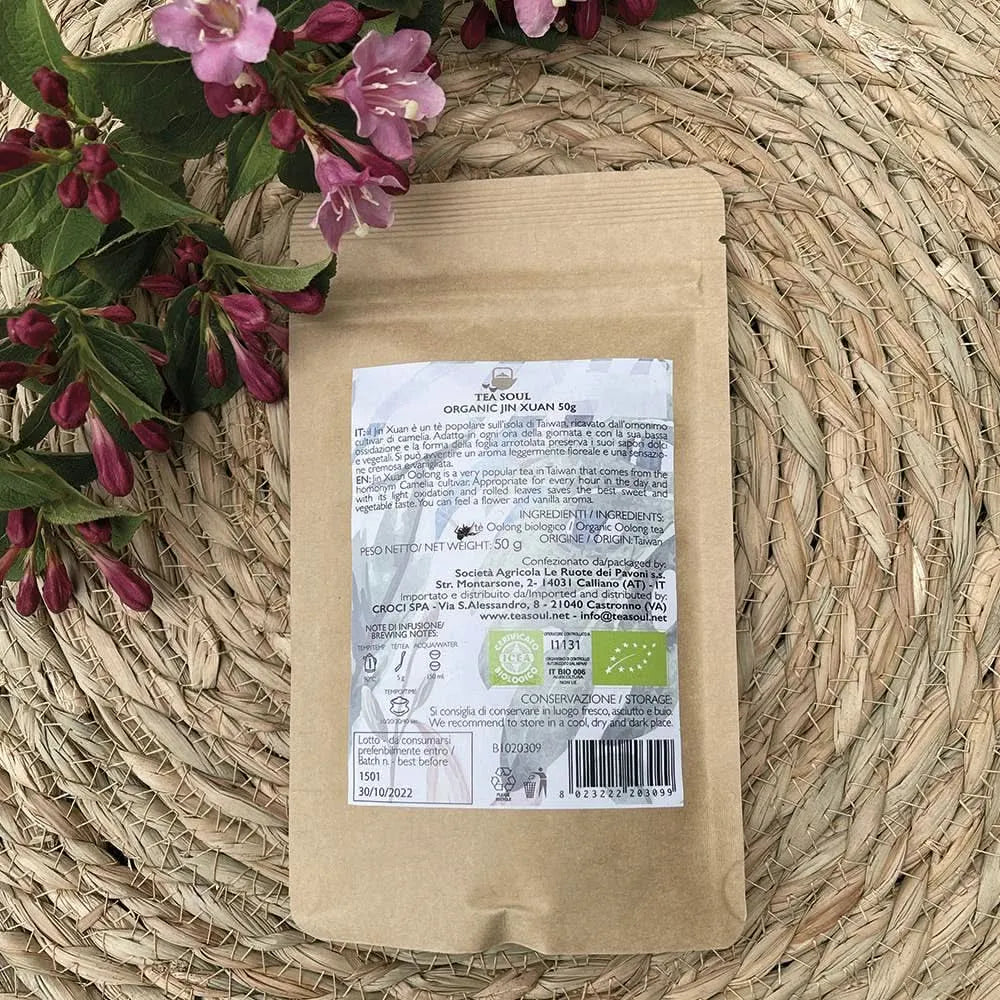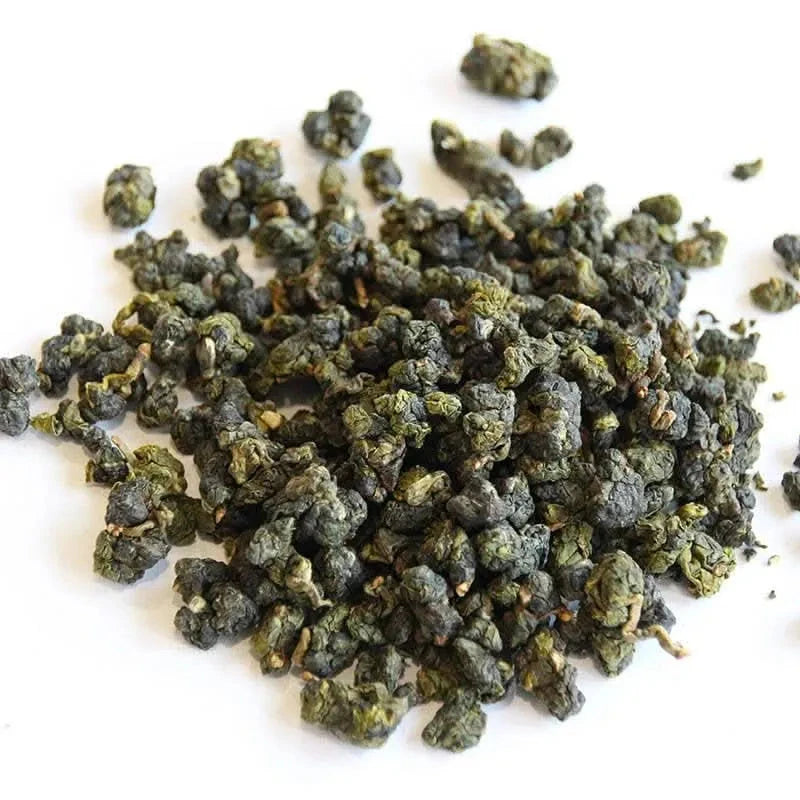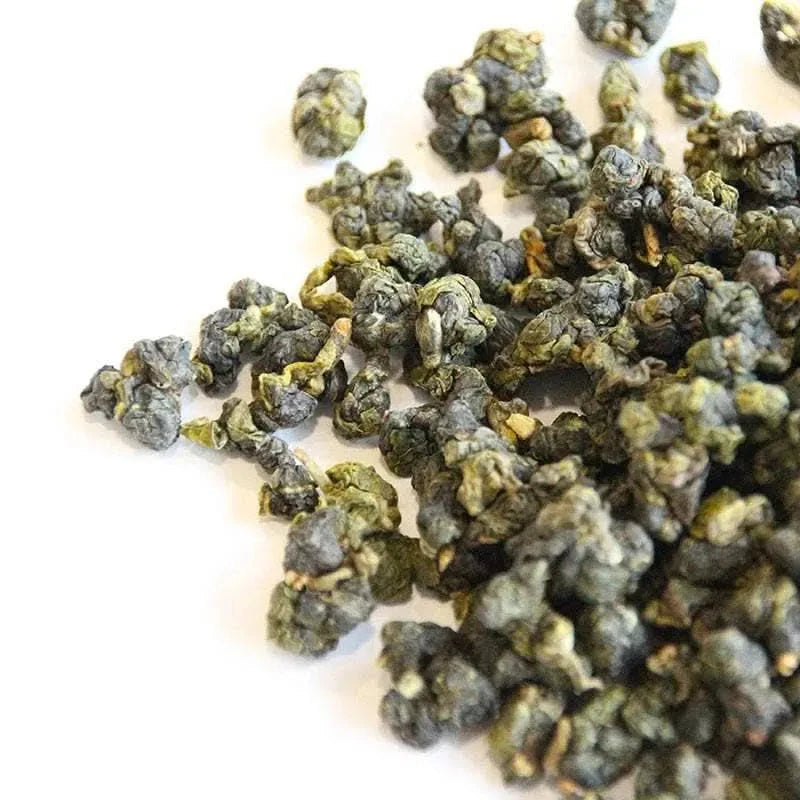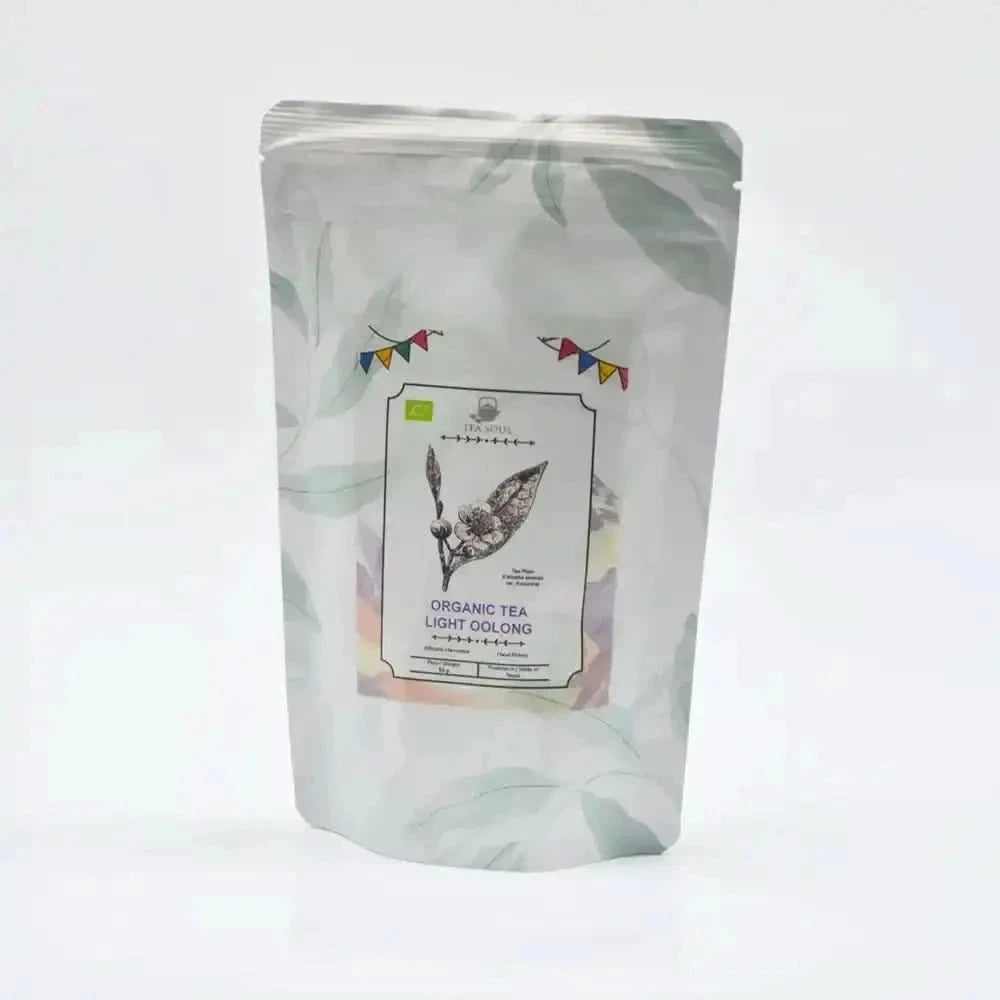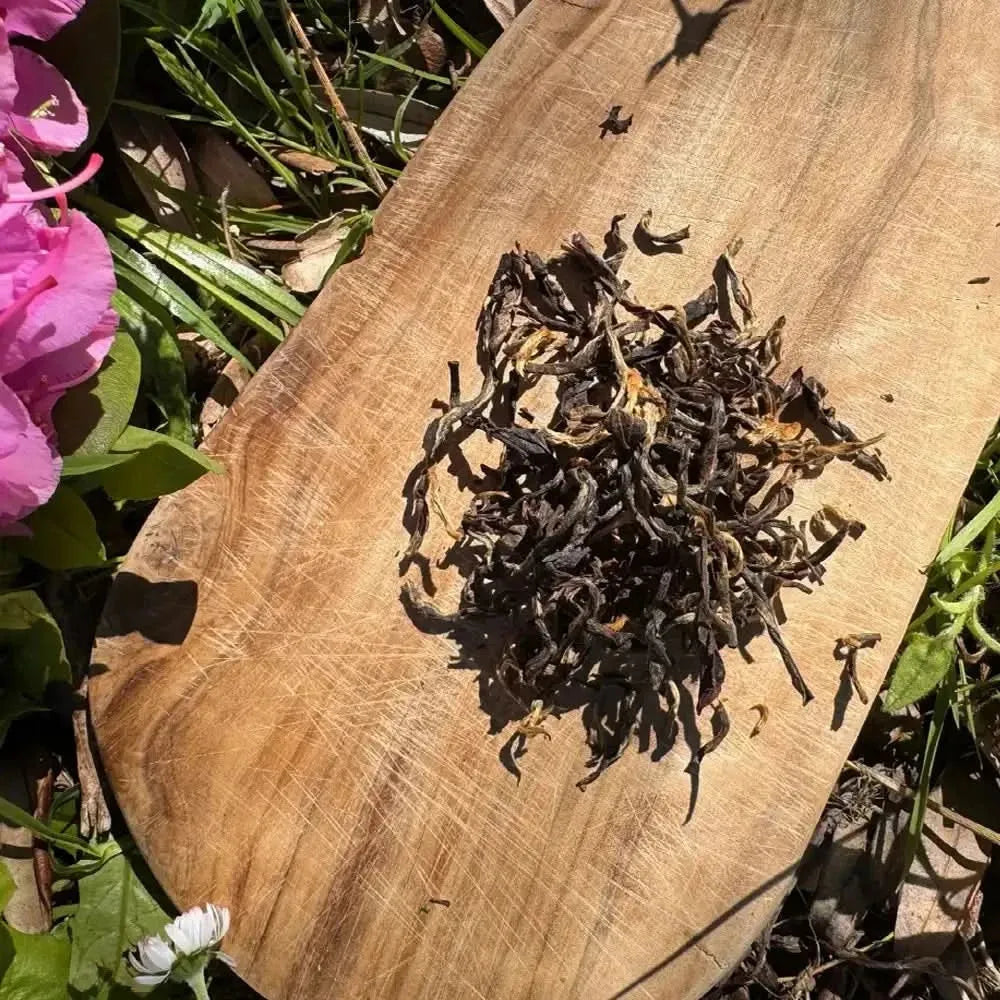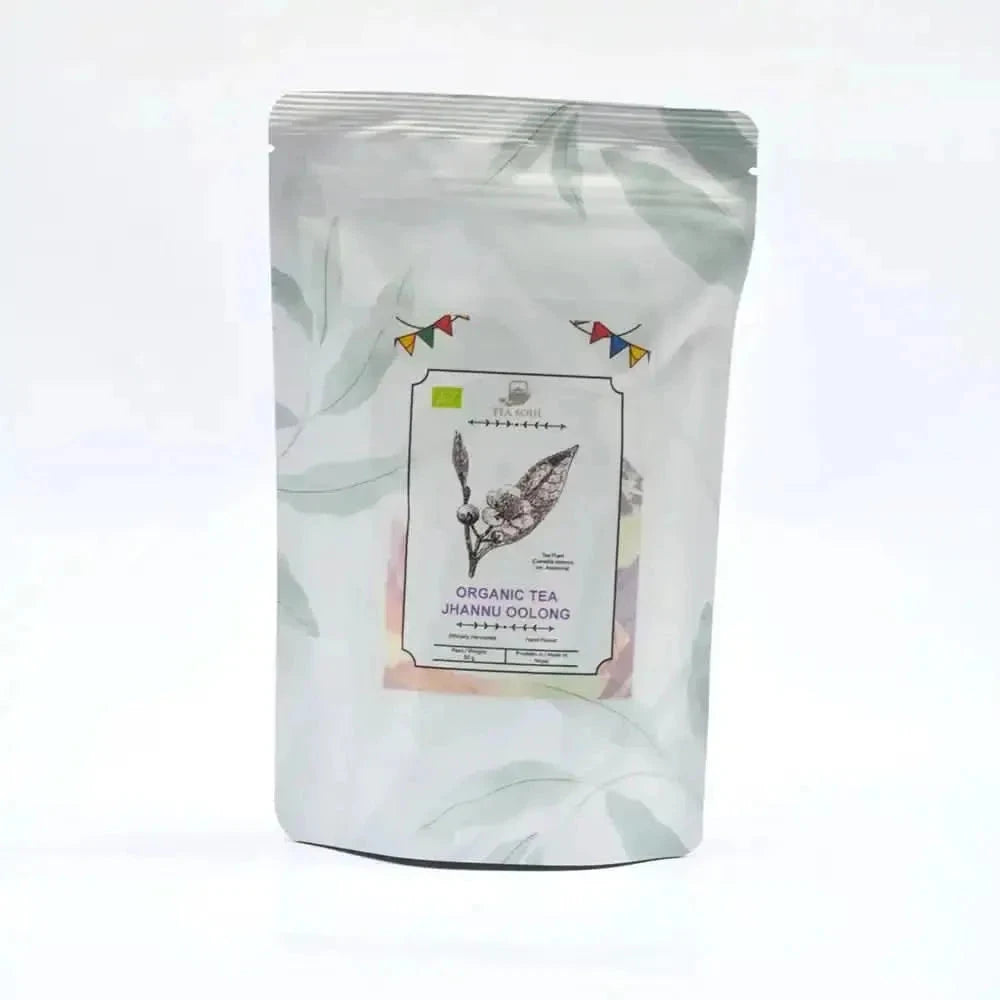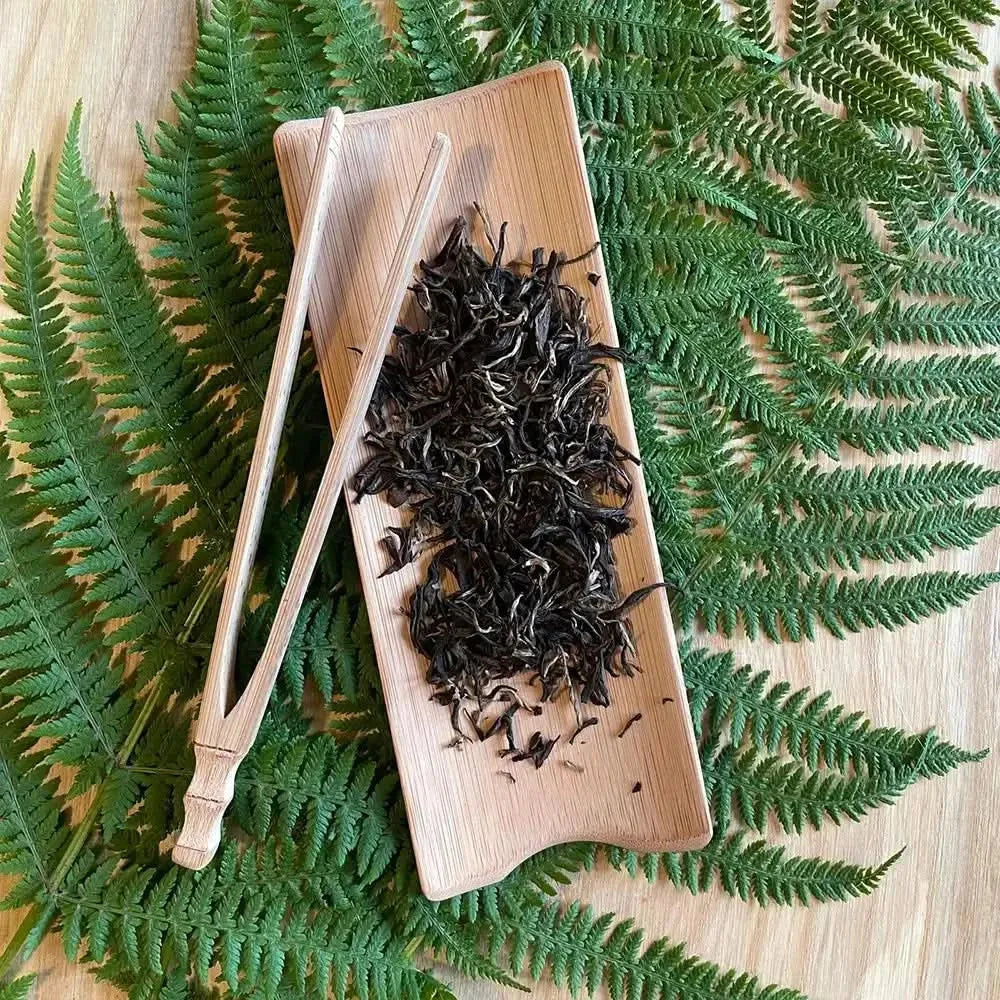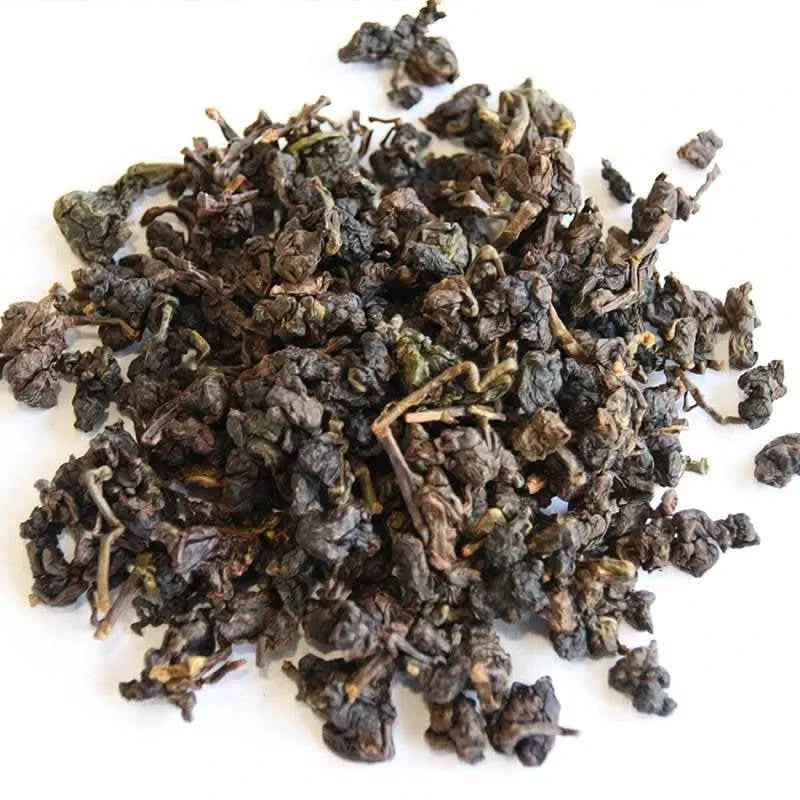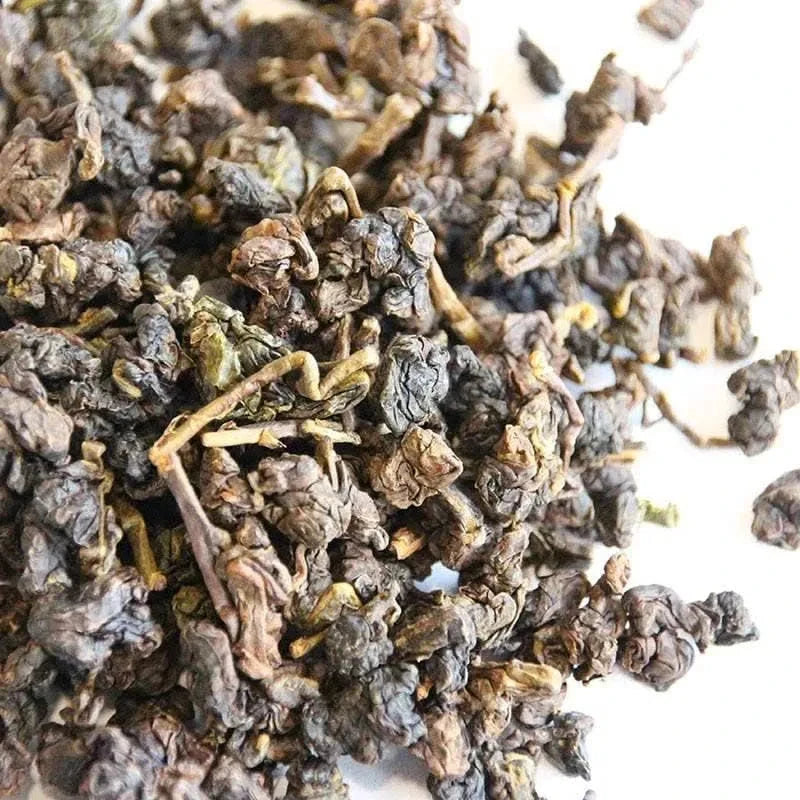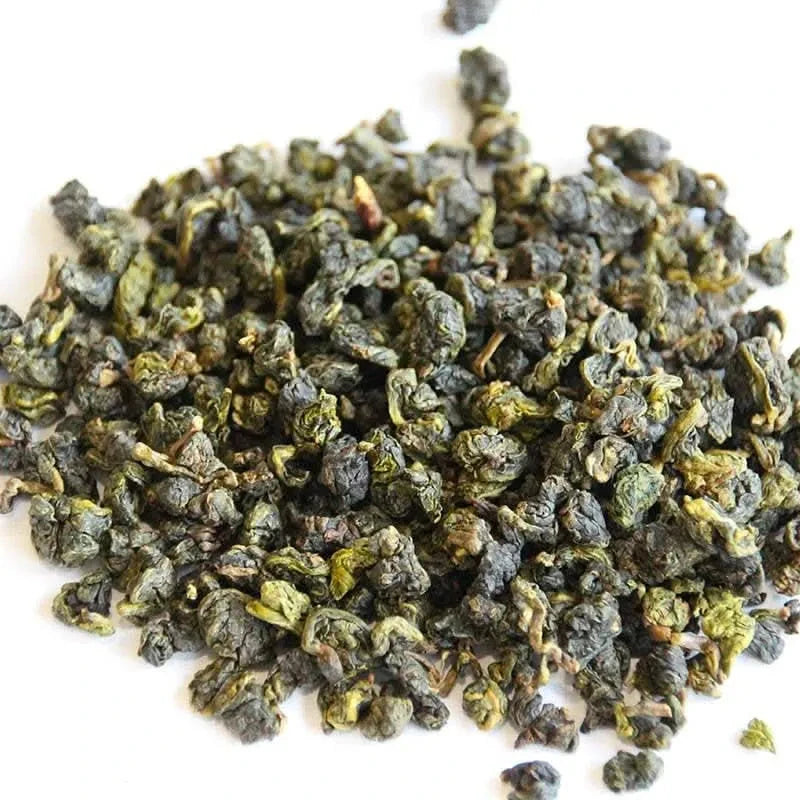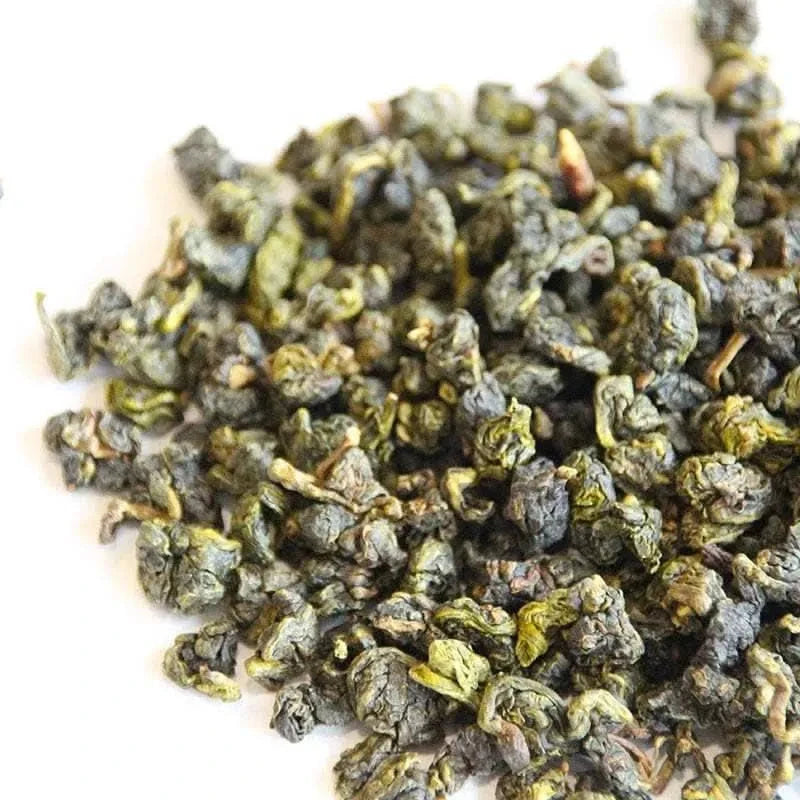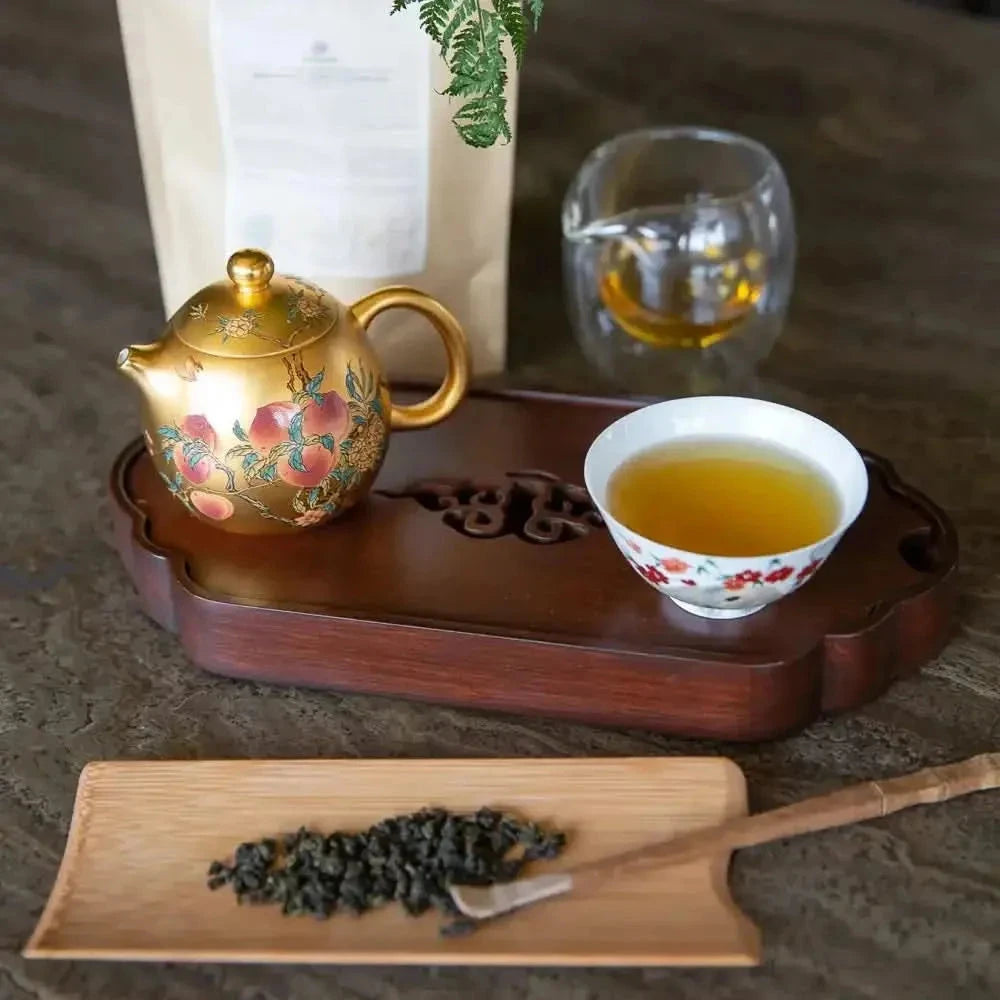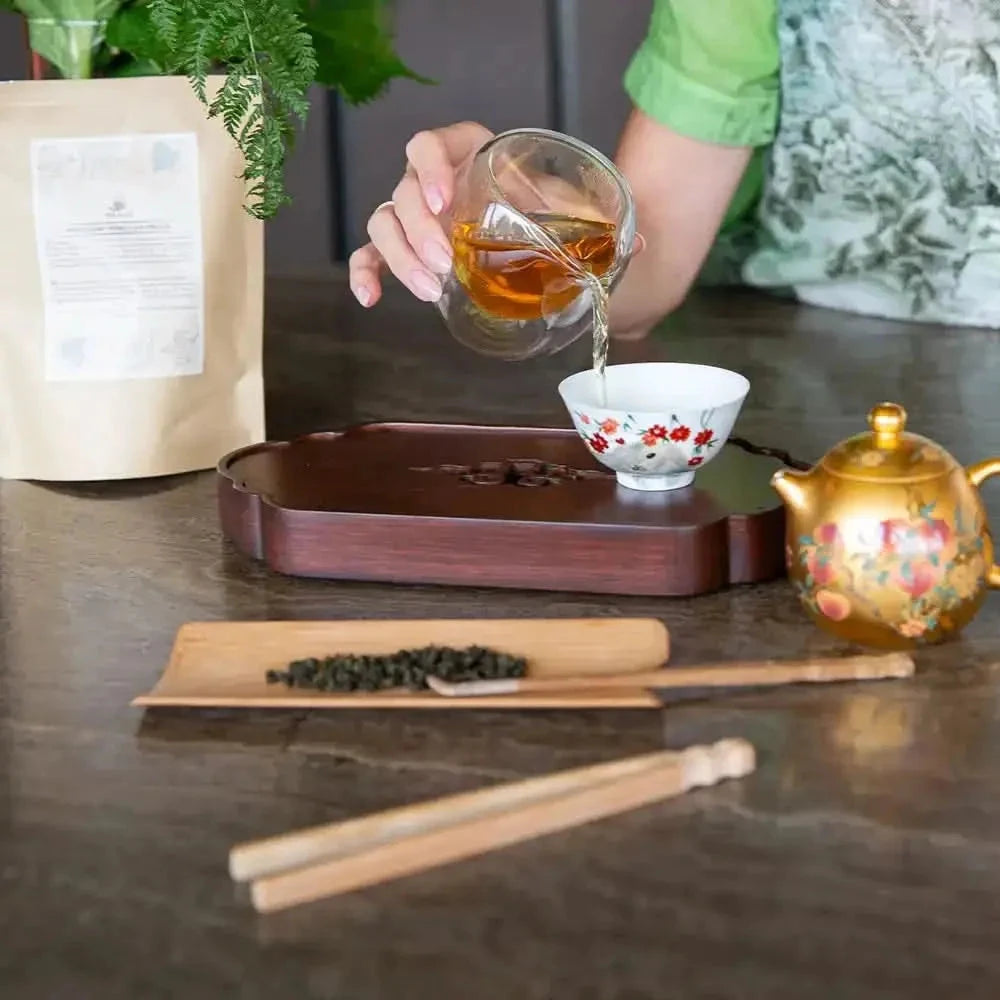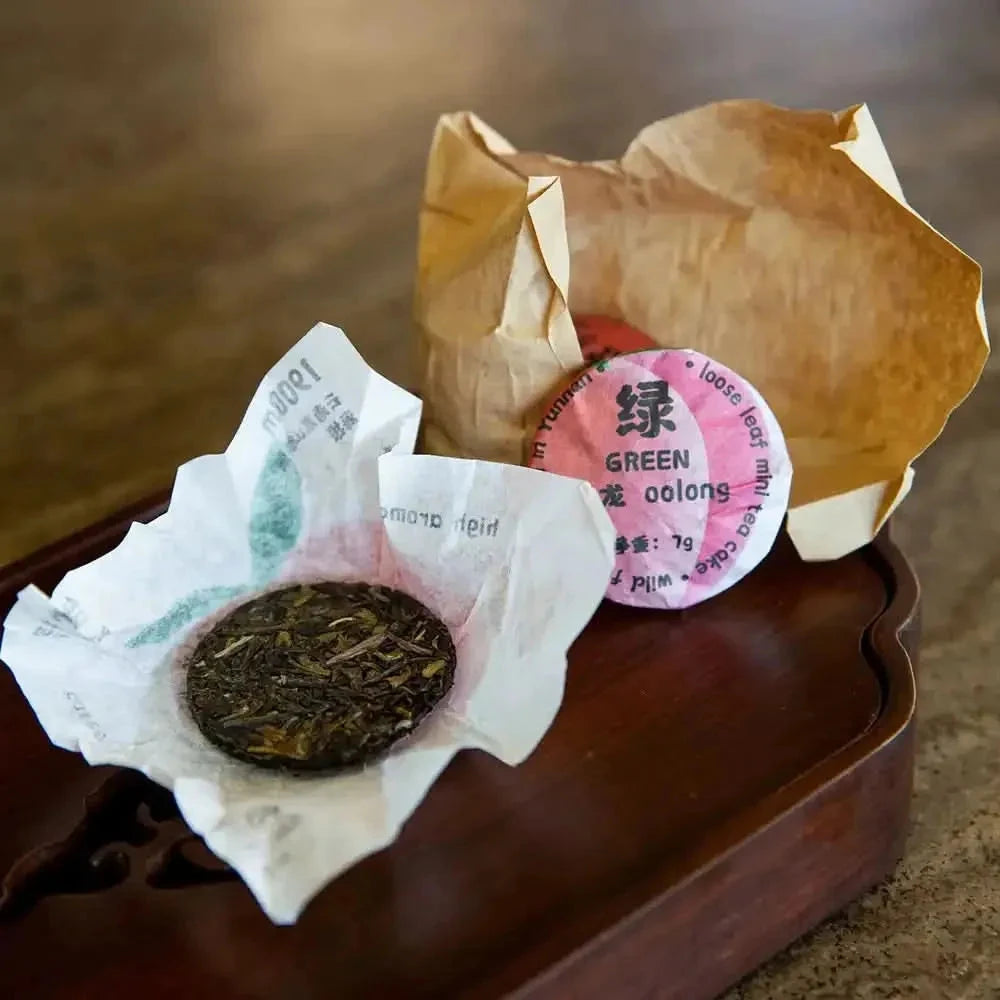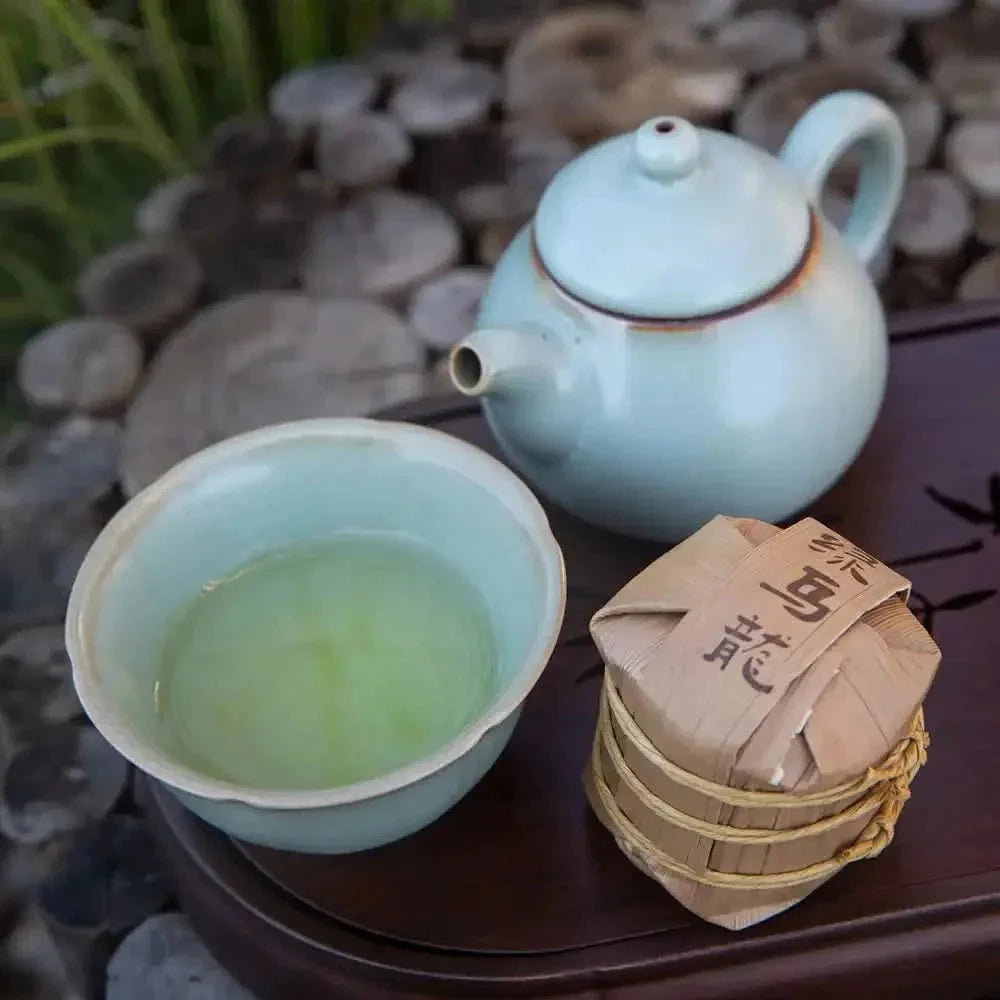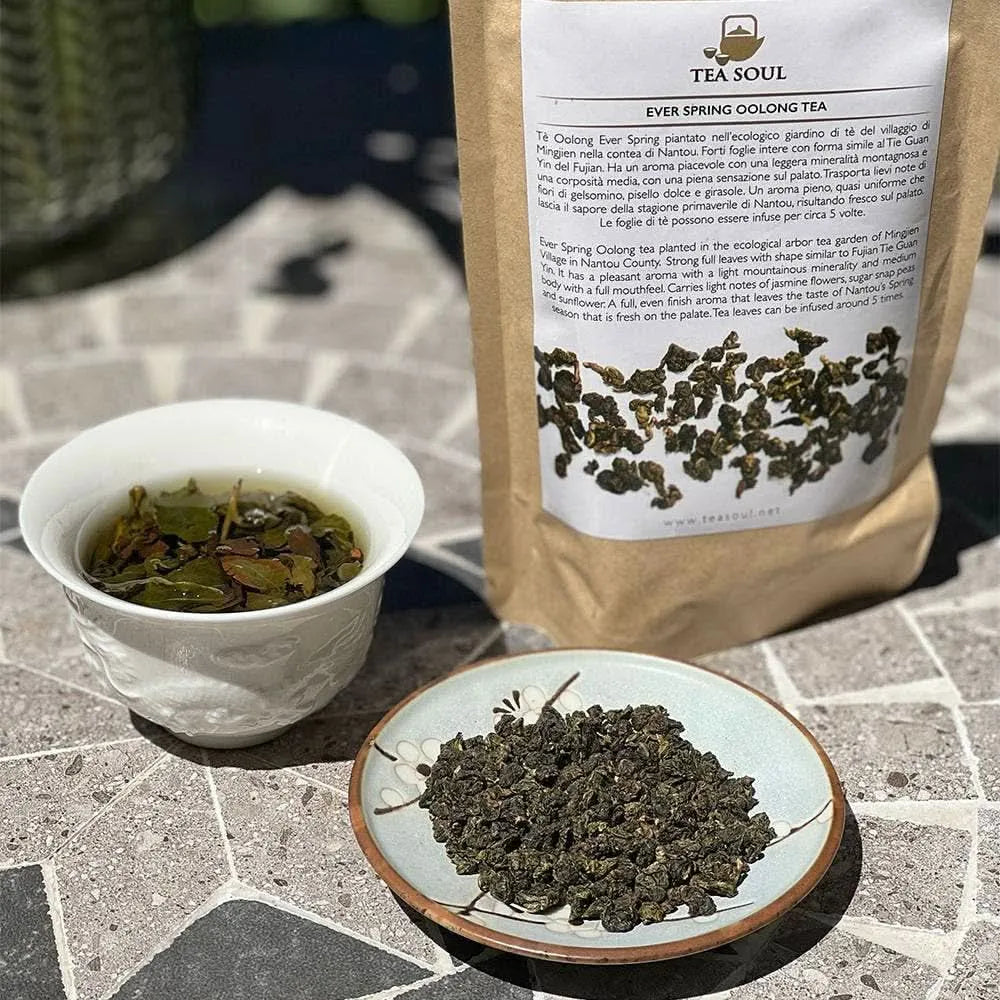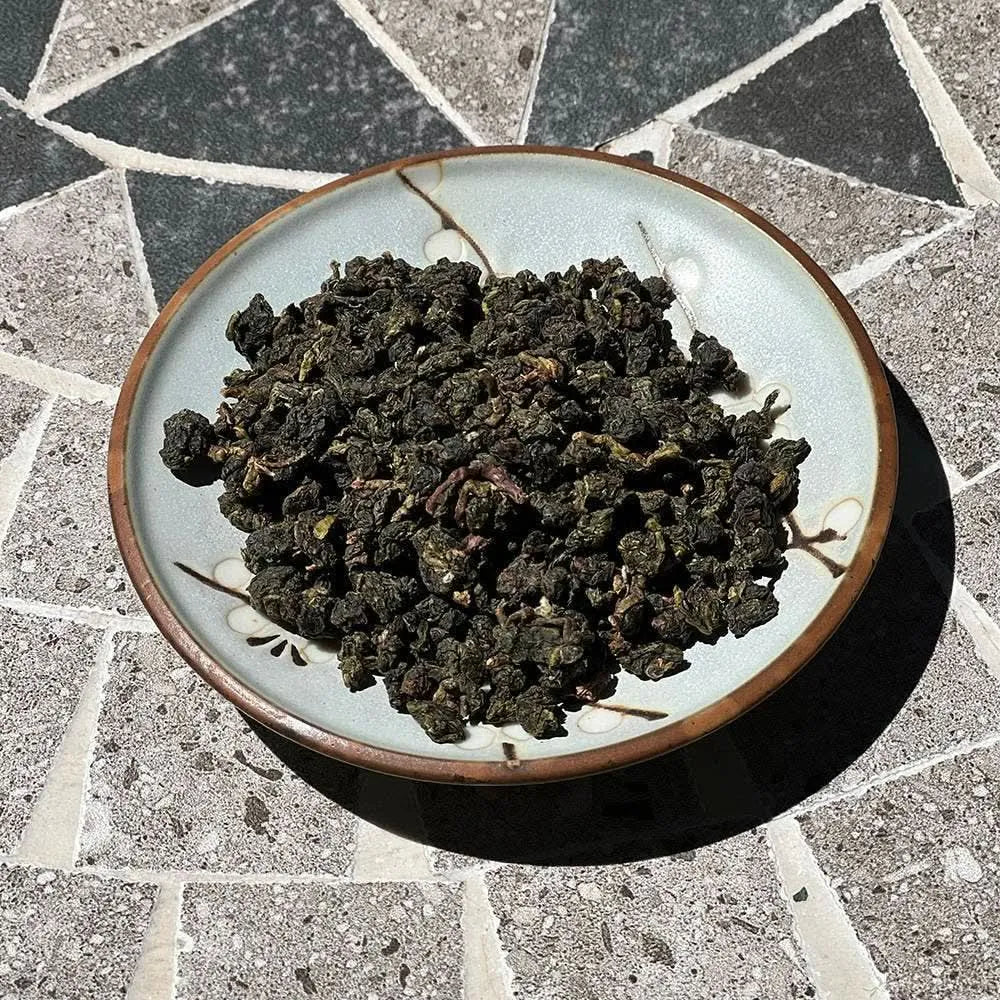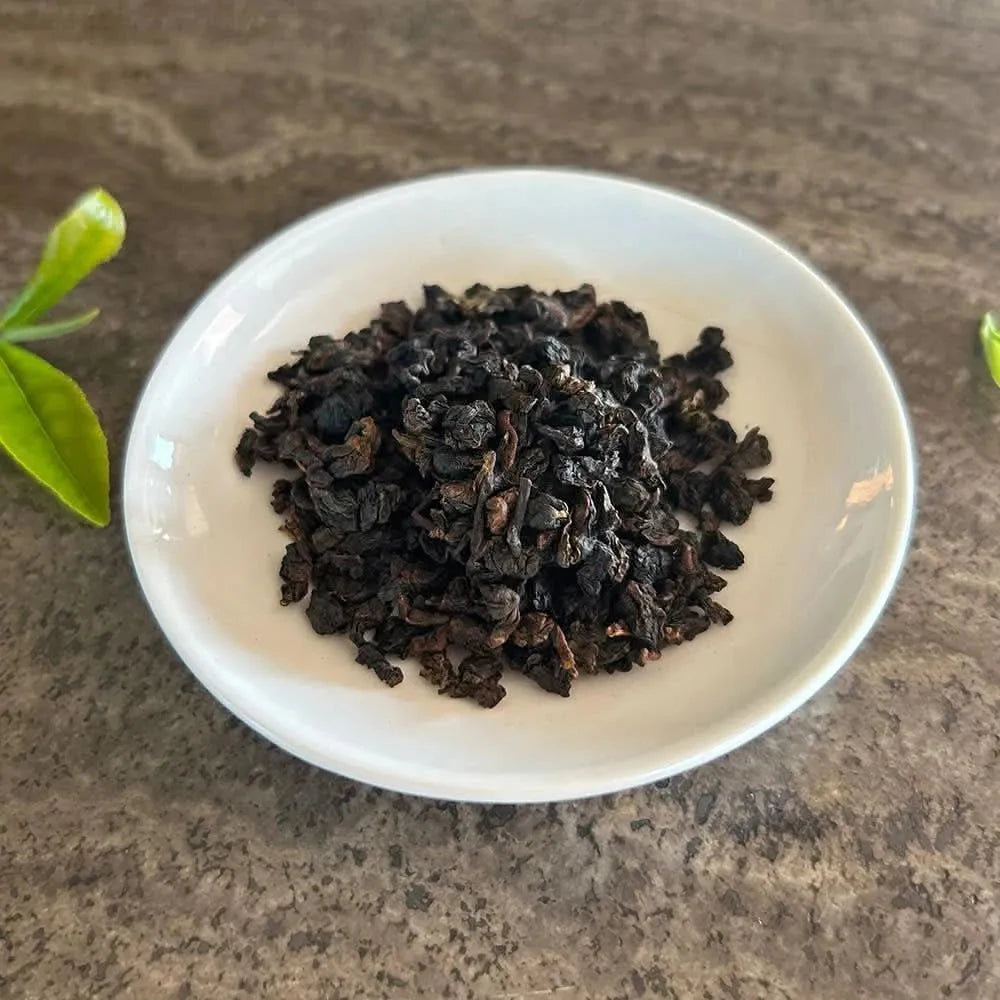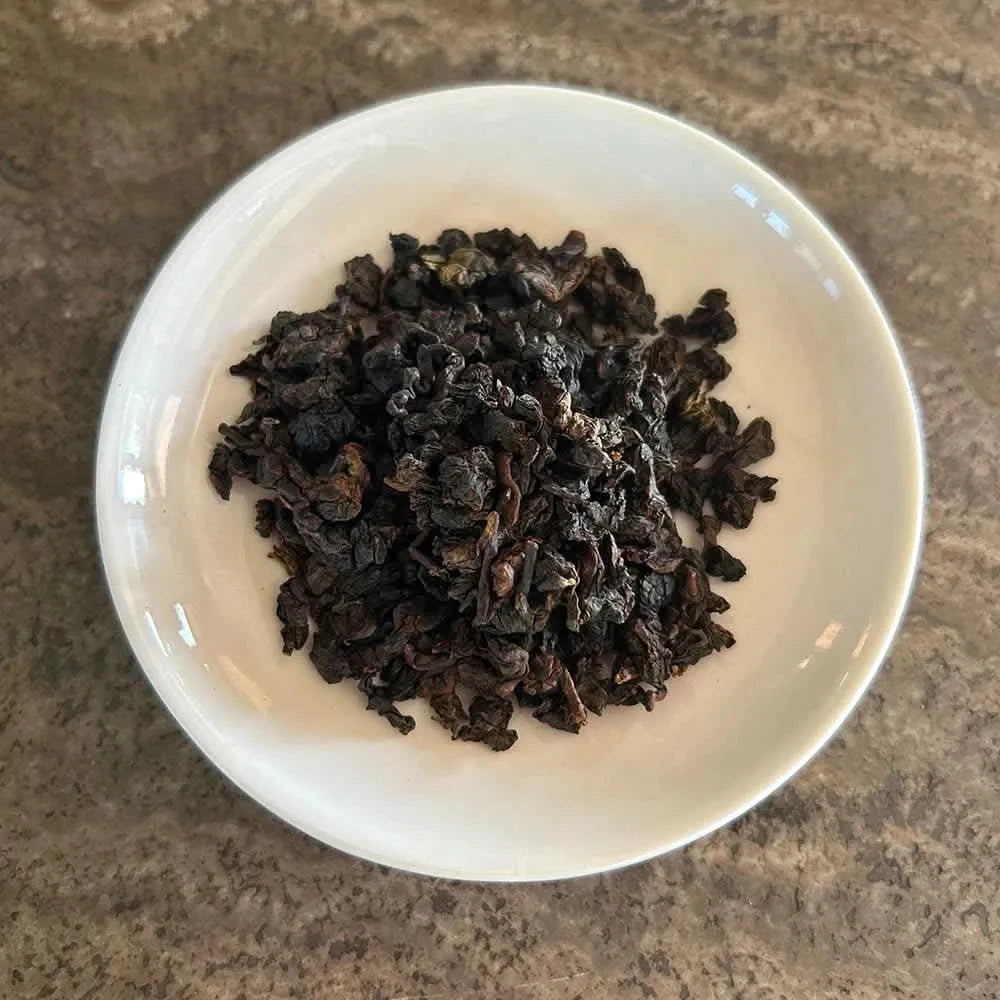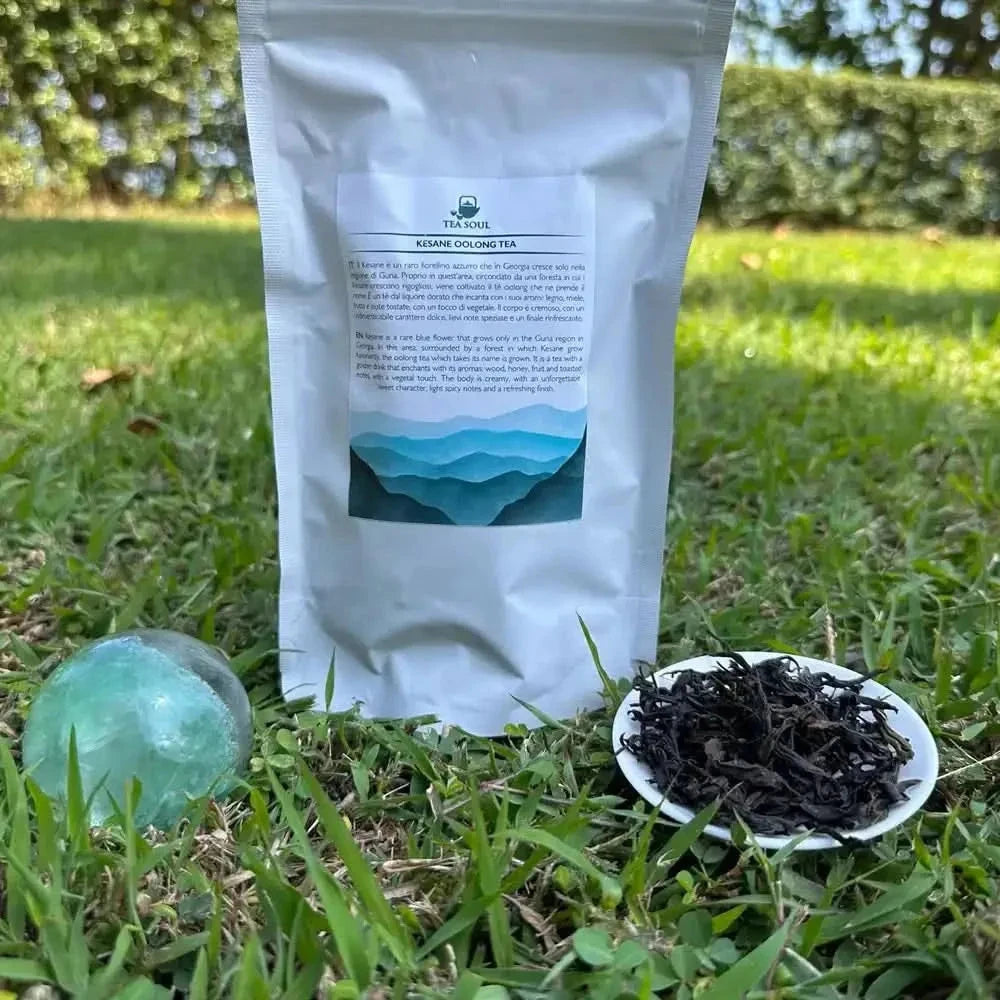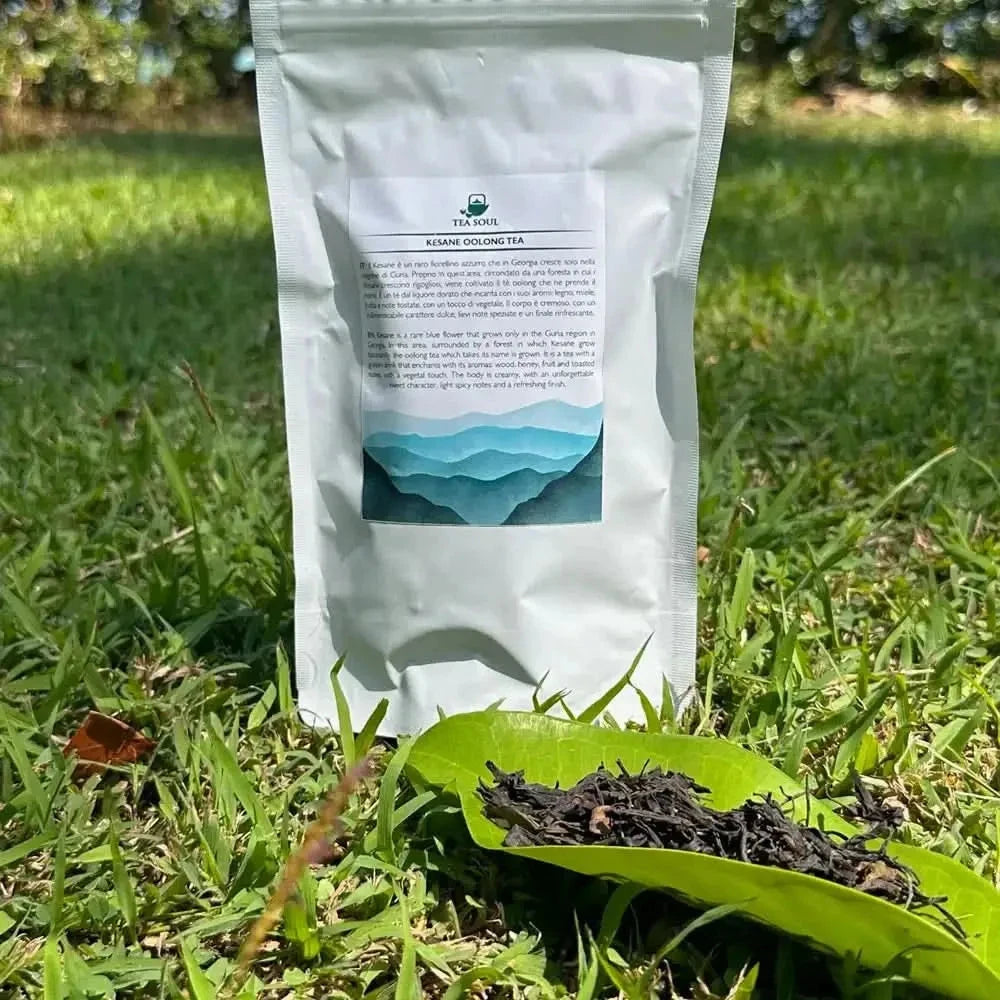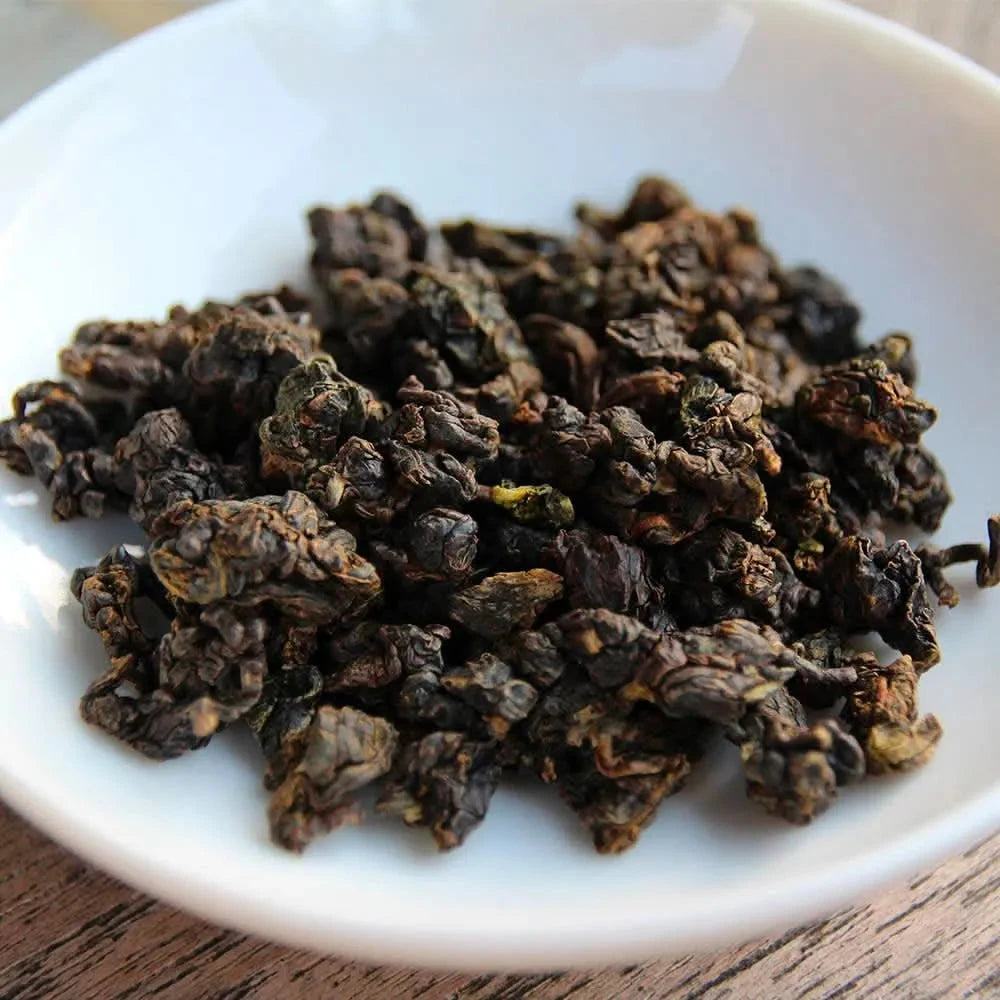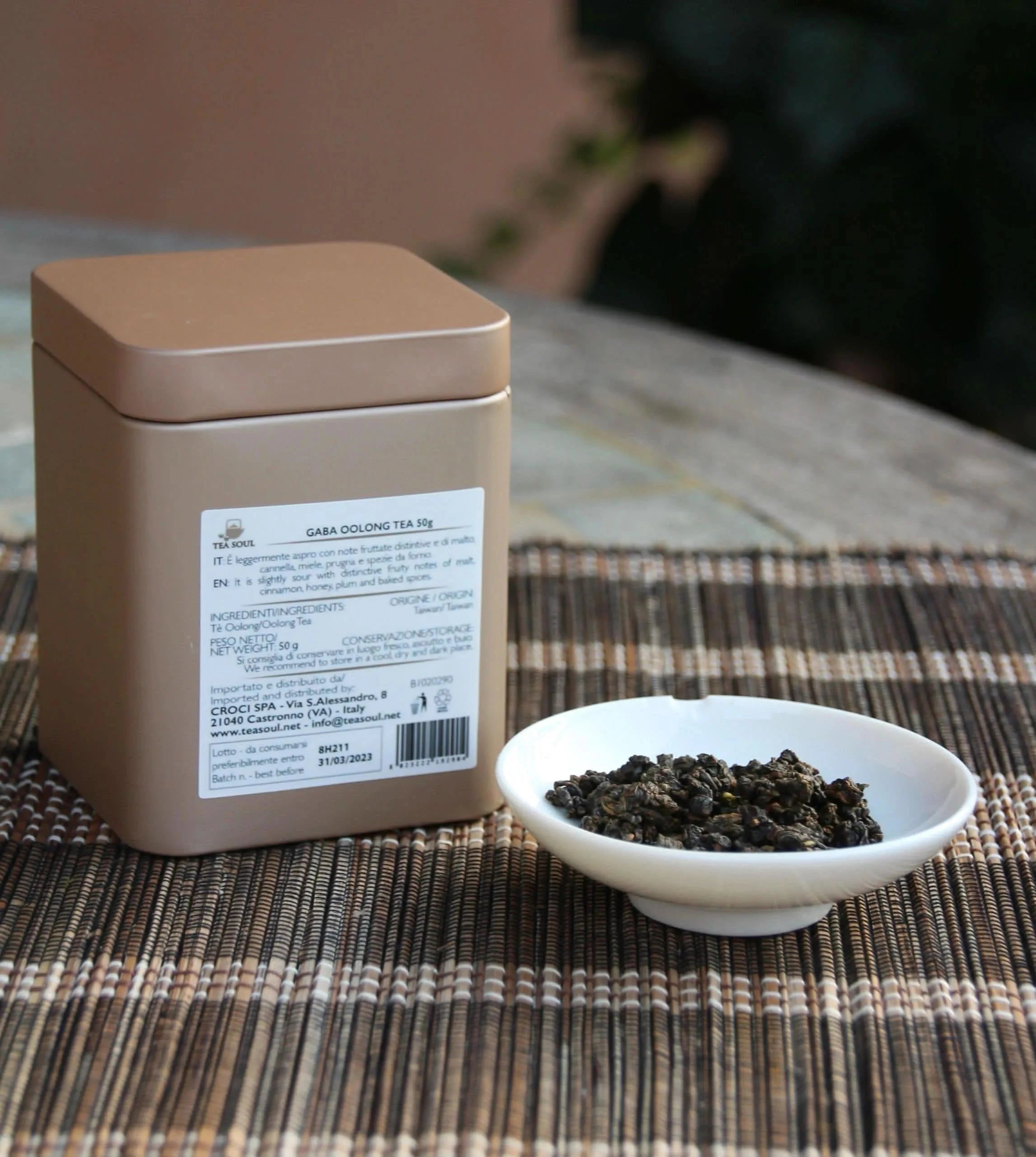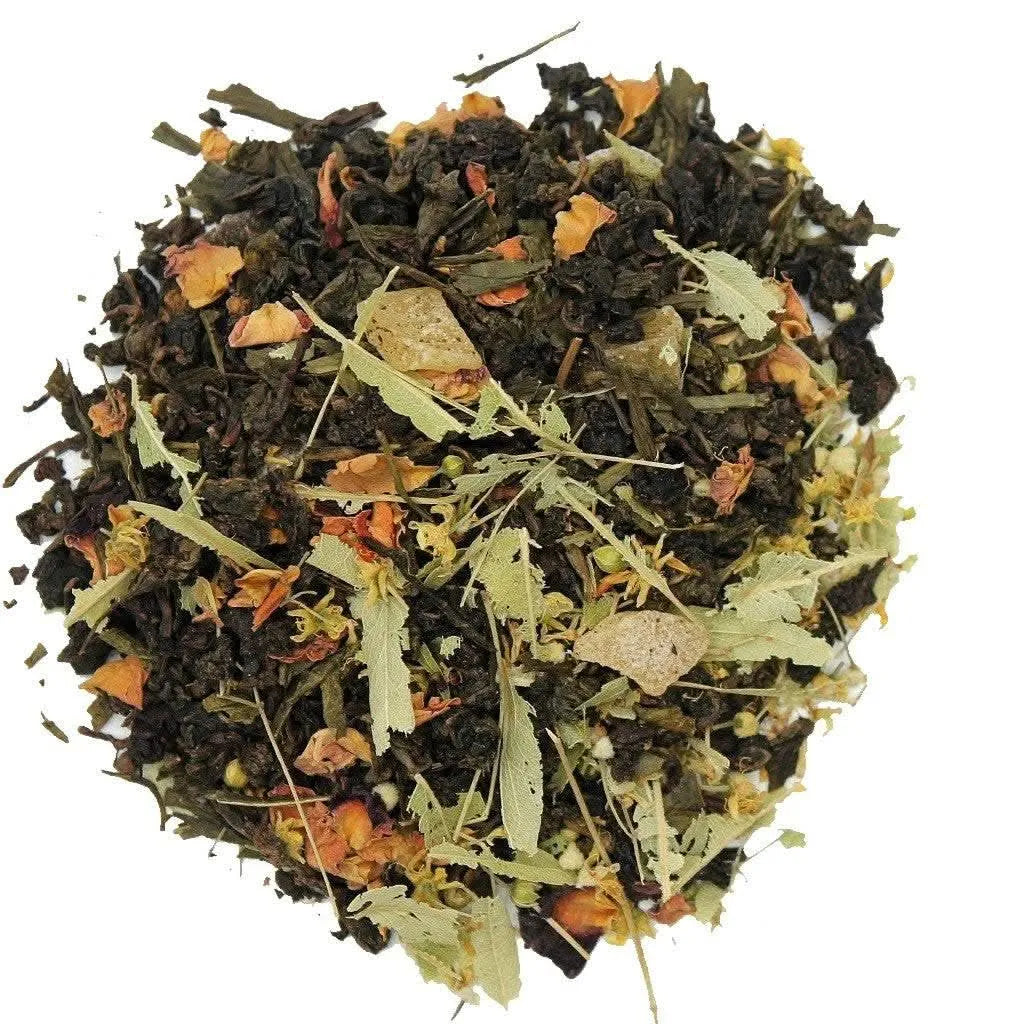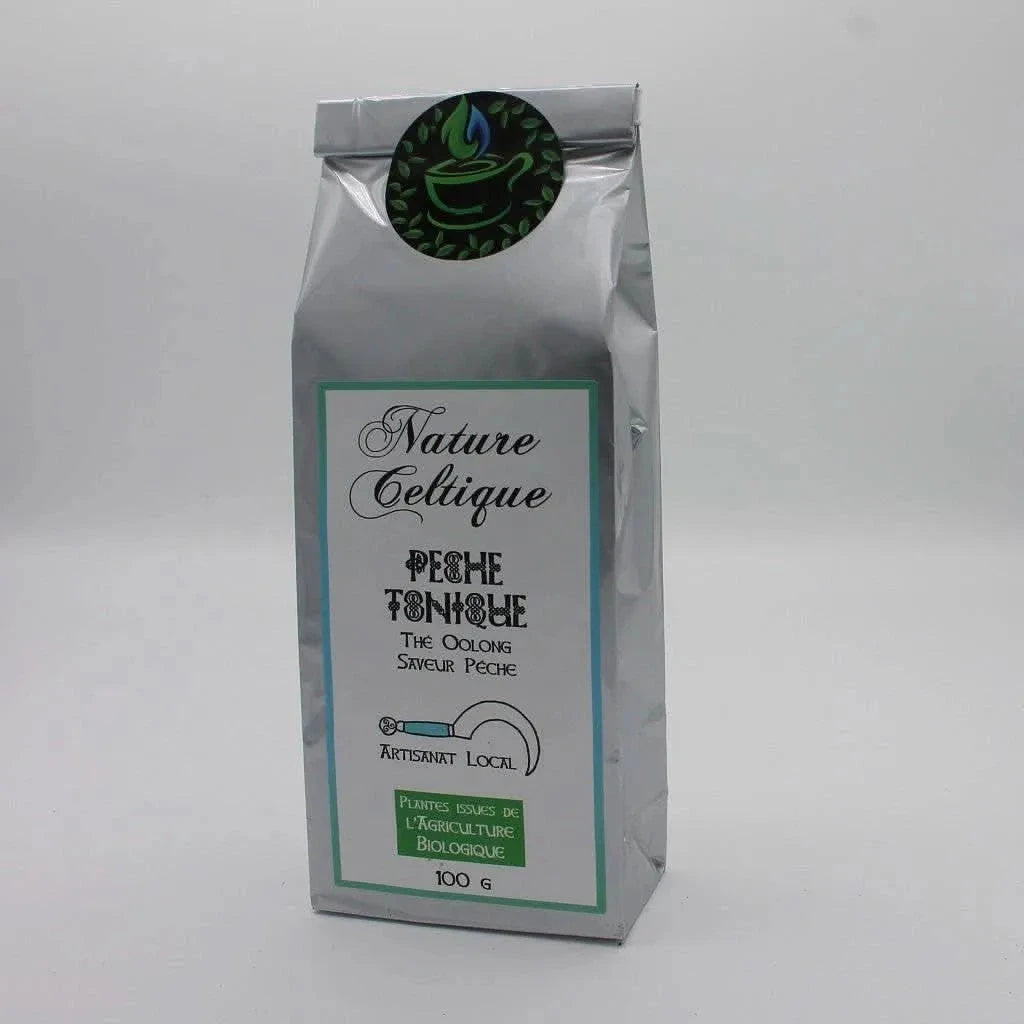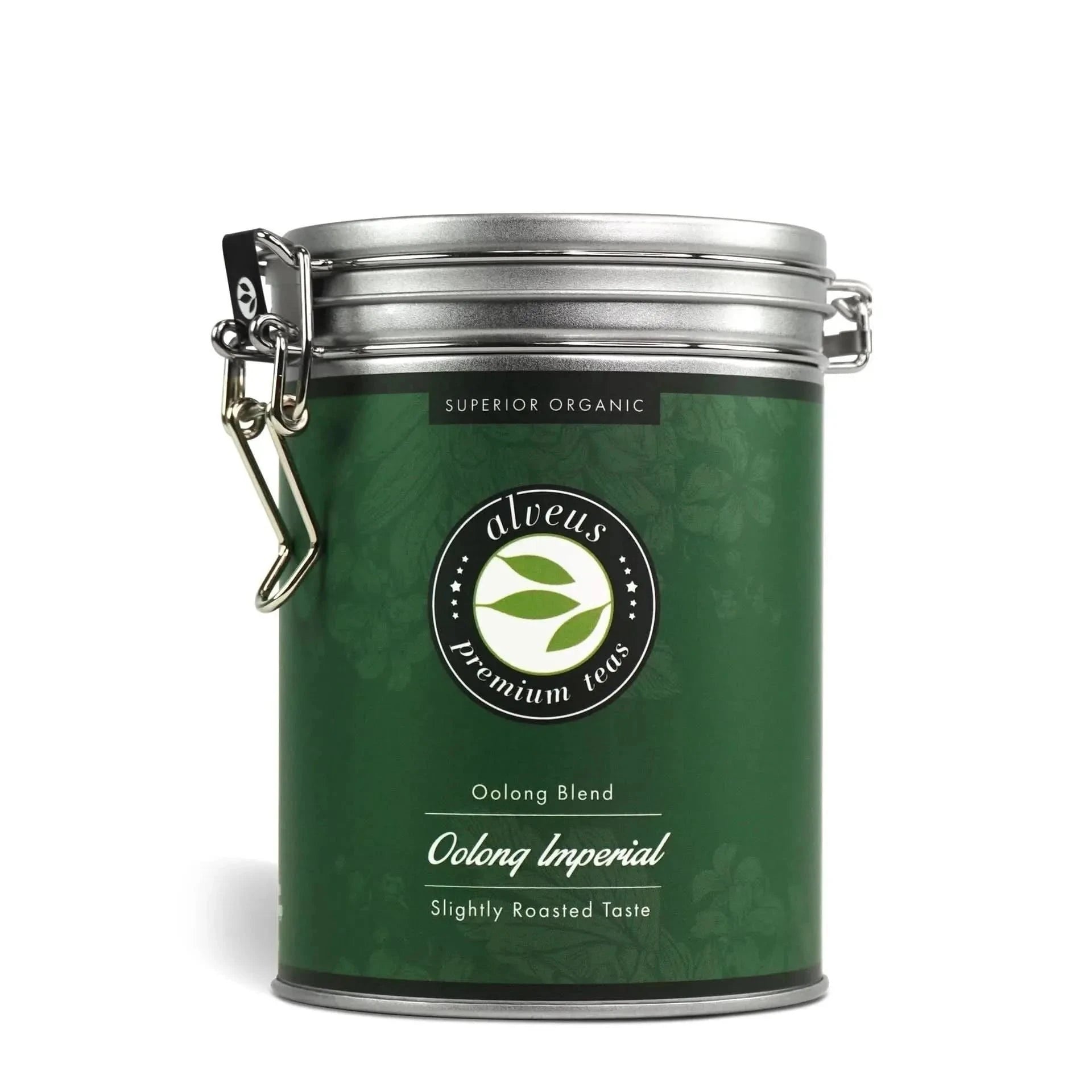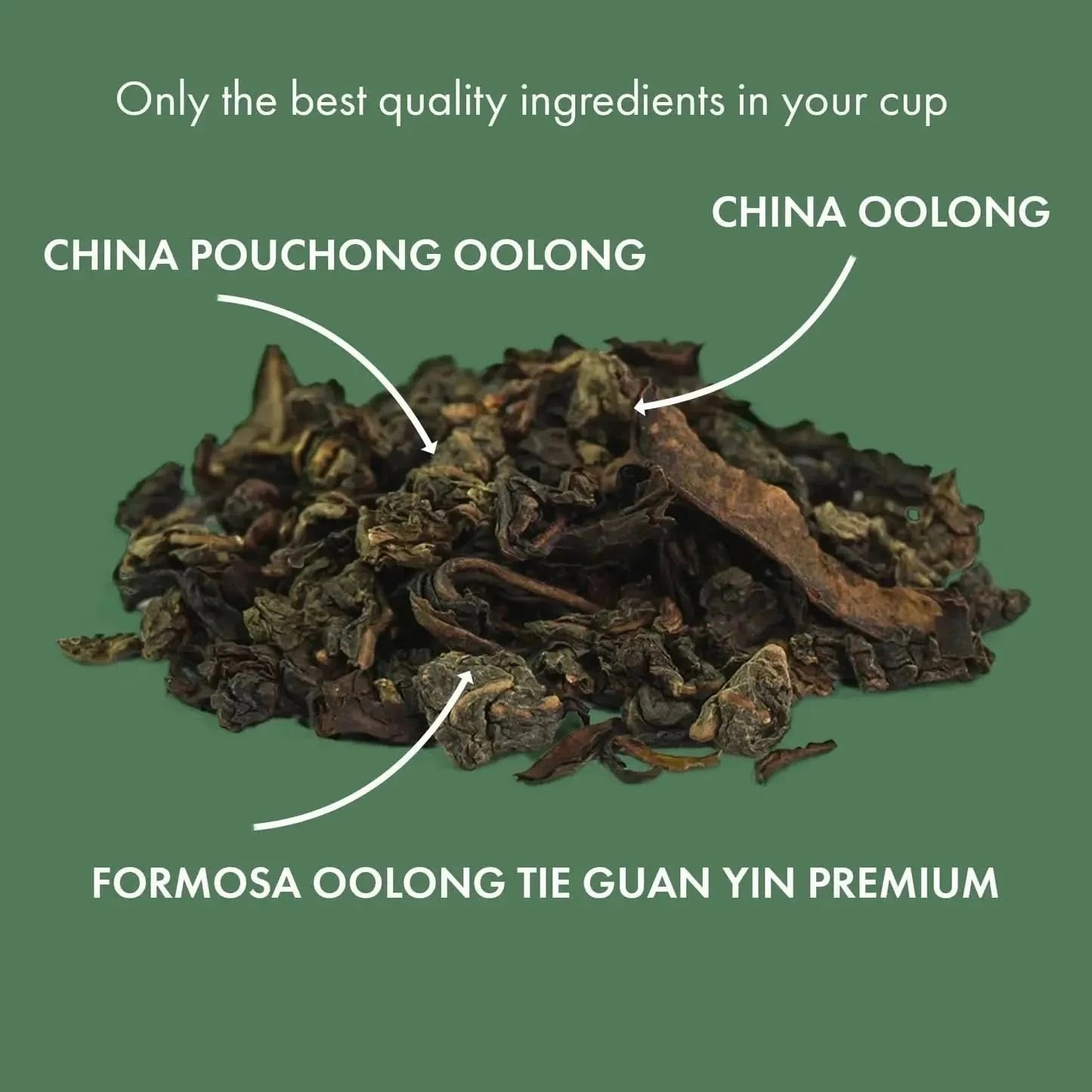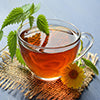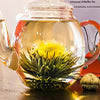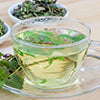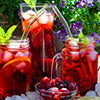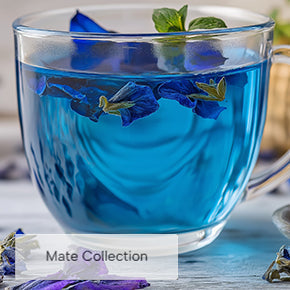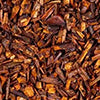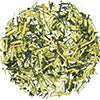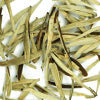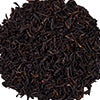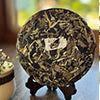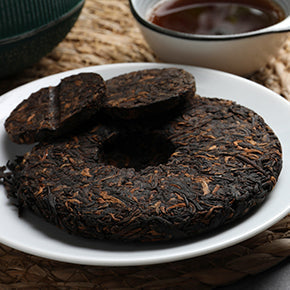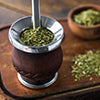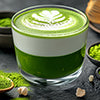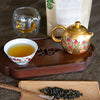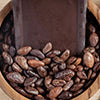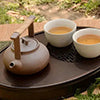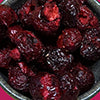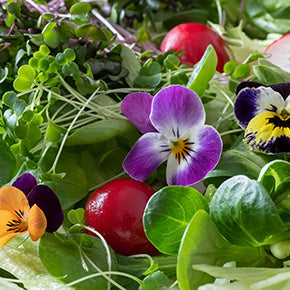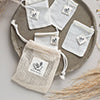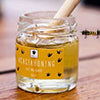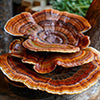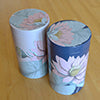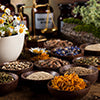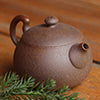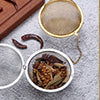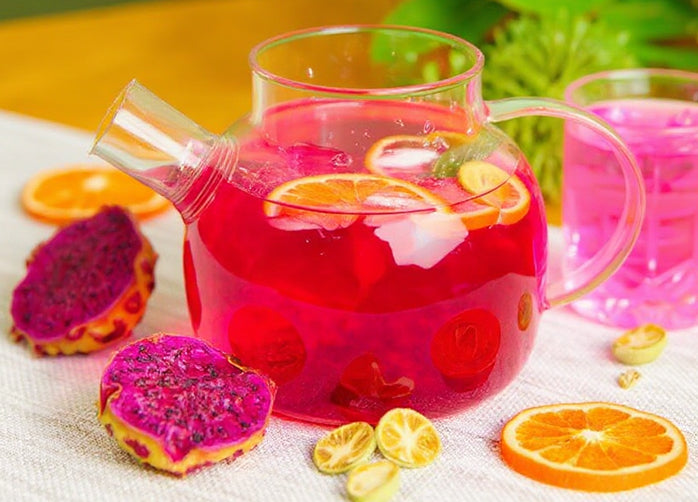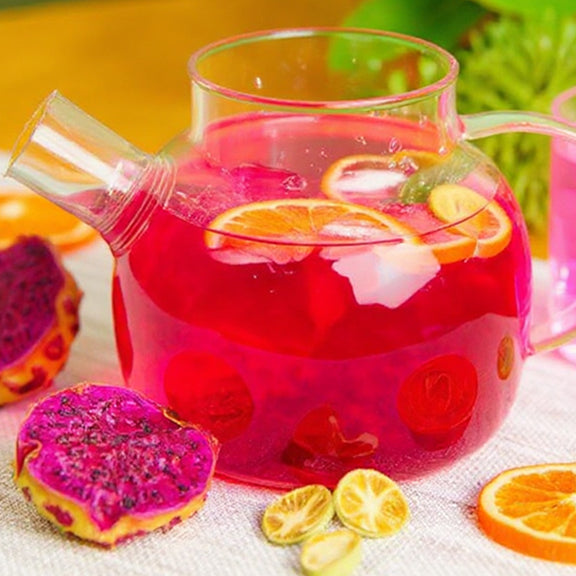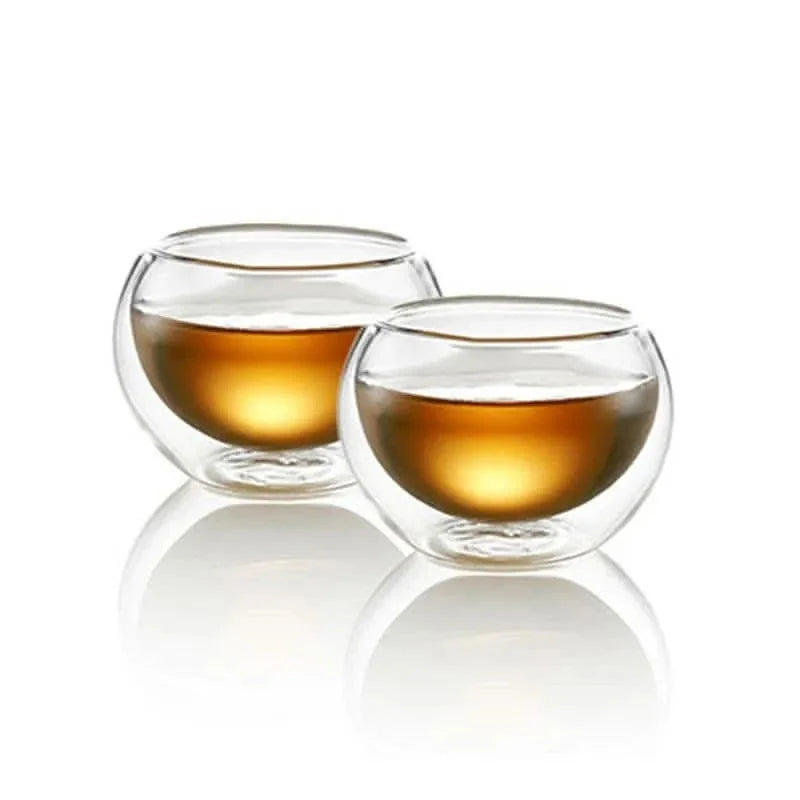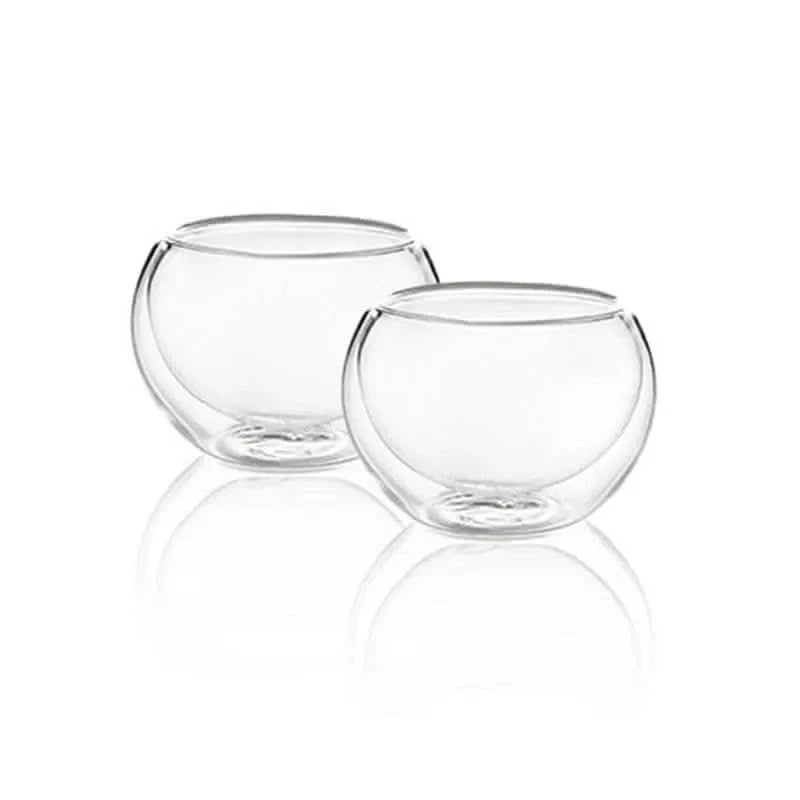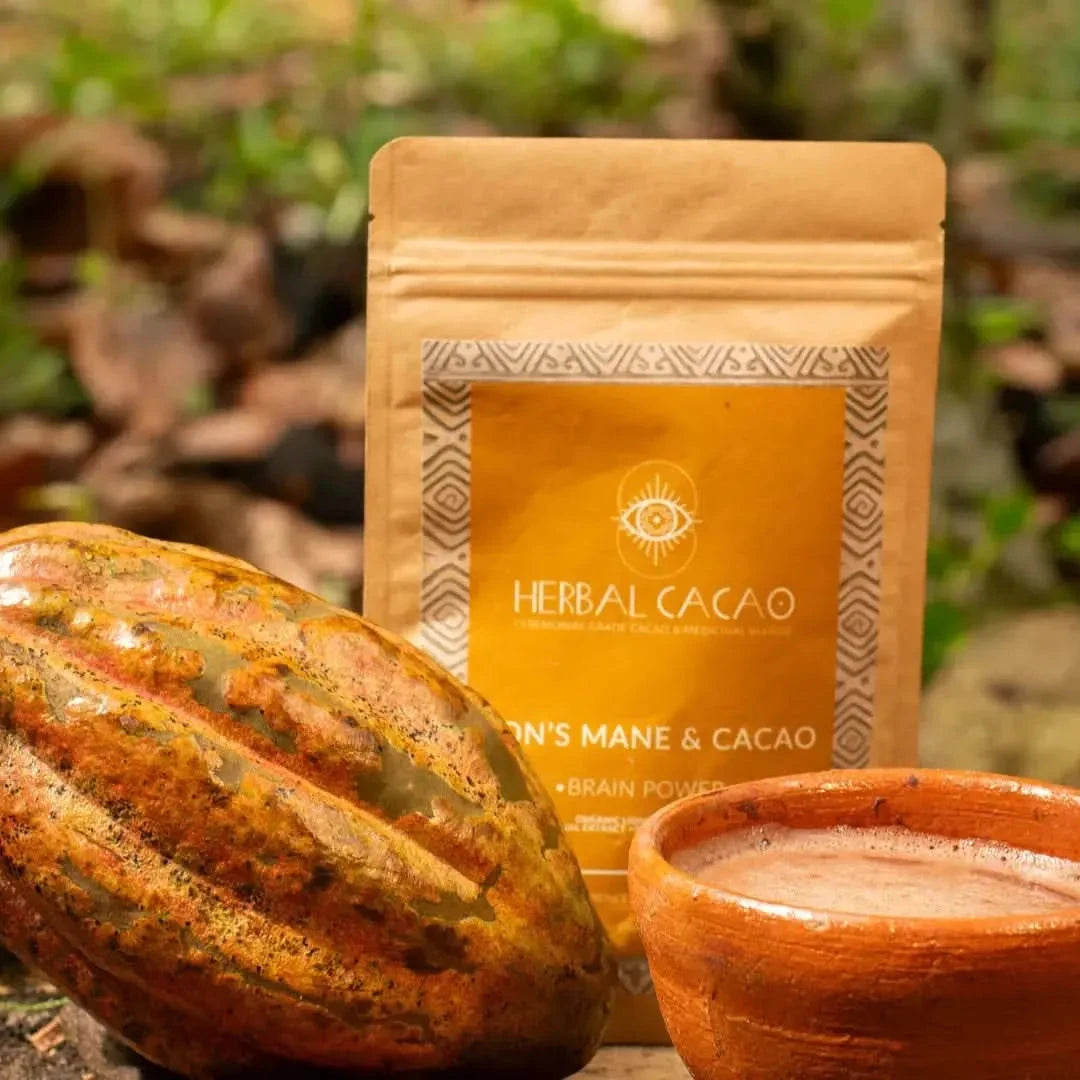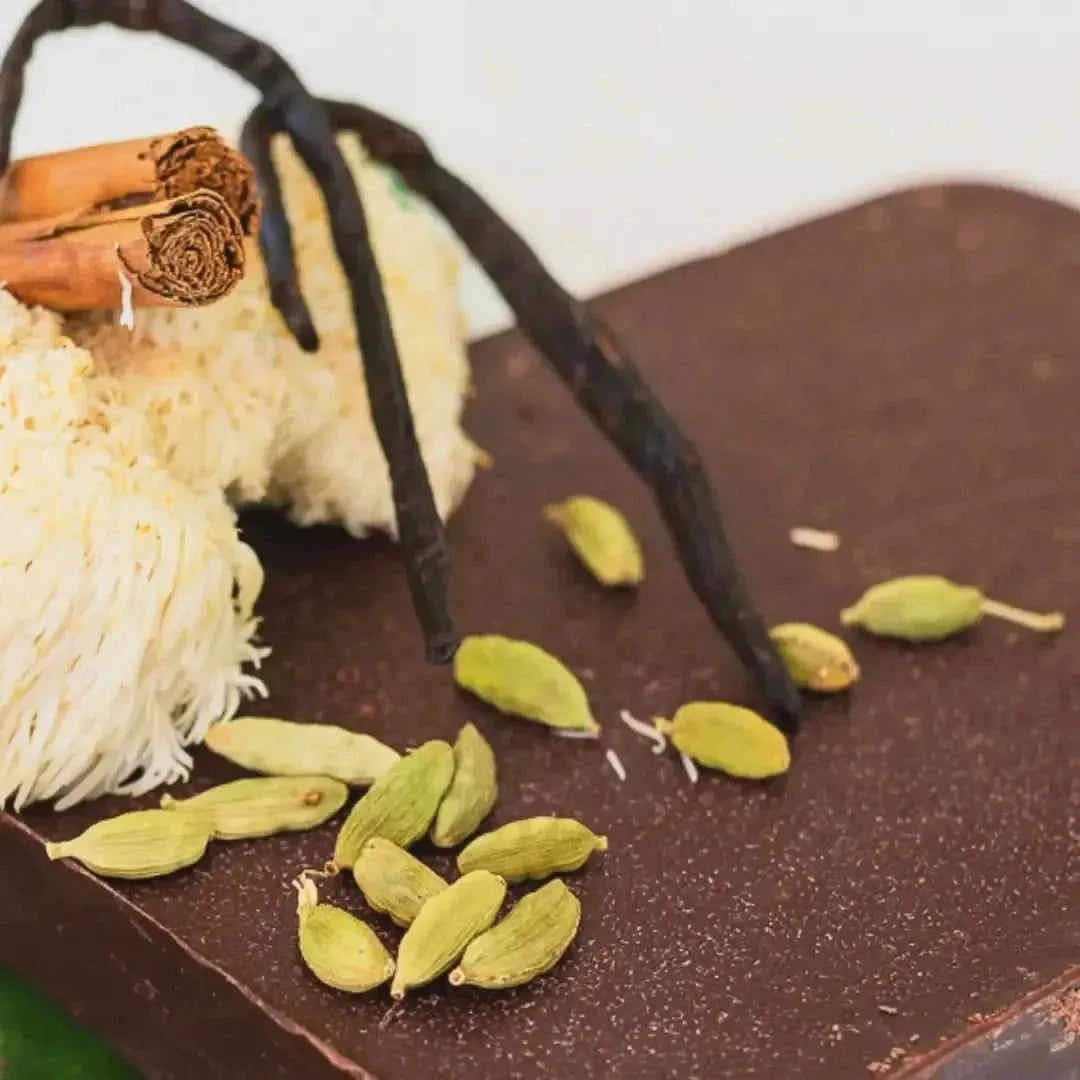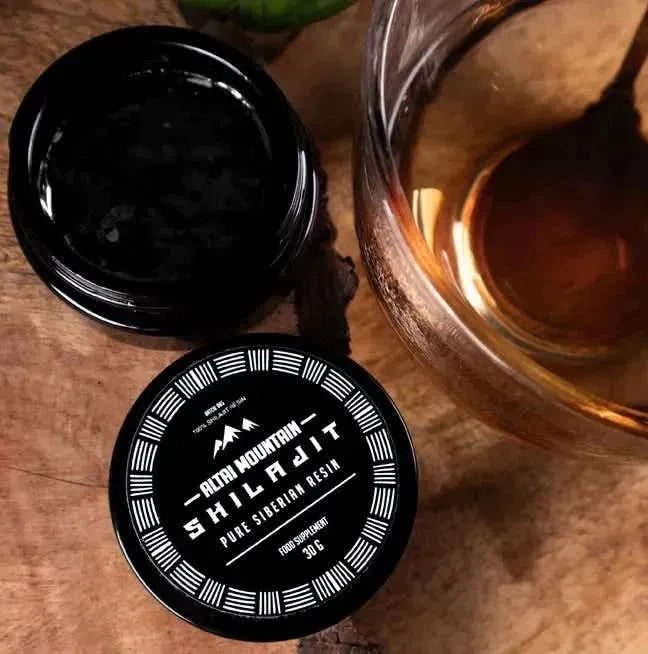Oolong Tea
Filter
Sort by:
Description
The Remarkable World of Oolong Tea: A Journey Through Tradition, Culture, and Flavor
Oolong tea, known as "Wu-lung" in its native China, stands as a remarkable testament to the art of tea craftsmanship, embodying centuries of cultural heritage and refinement. This extraordinary beverage, whose name poetically translates to "black dragon" in English, occupies a special position in the tea spectrumneither fully oxidized like black tea nor minimally processed like green tea, but existing in a meticulously cultivated middle ground that yields exceptional complexity and depth of flavor. Occupying the middle ground between green and black tea, oolong undergoes partial oxidation that creates its distinctive complexity and depth. The name "oolong" translates to "black dragon," reflecting the dark, twisted appearance of traditional oolong leaves after processing.
The history of oolong tea stretches back to the Ming Dynasty (1368-1644) in China's Fujian Province. Several fascinating origin theories exist, including the "tribute tea" theory connecting oolong to Dragon-Phoenix Cake tea served to emperors, and the "Wuyi theory" placing its first documentation in Ming Dynasty poems from the mountainous Wuyi region.
What distinguishes oolong is its intricate production process requiring exceptional precision. After careful harvesting, leaves undergo withering under strong sunlight, initiating oxidation. They're then moved to shade and tossed in bamboo baskets to bruise the edges while leaving the center less affected. This process creates oolong's characteristic appearance and enables its remarkable flavor complexity, which can range from light, floral notes in less oxidized varieties to deep, woody notes in more heavily oxidized types.
The oxidation level, ranging from 8% to 85%, dramatically influences oolong's character. Lightly oxidized oolongs (10-40%) offer bright, floral profiles with subtle sweetness, while heavily oxidized varieties (60-85%) develop rich, roasted flavors with notes of caramel, wood, and dried fruit. This spectrum provides exceptional diversity within a single tea category.
Water temperature plays a crucial role in proper preparation. Most oolongs benefit from water between 90-95°C (195-205°F), though lighter varieties may require lower temperatures around 80-85°C (175-185°F) to preserve delicate flavors. Quality oolong leaves can be steeped multiple times, with each infusion revealing different aspects of the tea's profile. Many enthusiasts find that the second or third infusion offers the most balanced experience.
The Gongfu tea ceremony represents the most traditional approach to oolong preparation, emphasizing attention to detail using small clay teapots and multiple brief infusions. This method progressively reveals different flavor aspects and honors the tea's complexity.
Modern research continues to validate what Chinese traditional medicine has asserted for centuriesoolong tea offers numerous health benefits beyond its exquisite taste. Its unique combination of catechins, theaflavins, and thearubigins provides potent antioxidant effects that support overall wellness while potentially protecting against numerous chronic conditions.
Whether enjoying the floral delicacy of a lightly oxidized Taiwanese high mountain oolong or the deep, roasted character of a traditional Wuyi rock tea, oolong offers an unparalleled opportunity for sensory exploration. Each cup represents not merely a beverage but an immersion into centuries of refinementa chance to experience what Chinese tea masters have long known: that within these curled, dragon-like leaves lies a world of extraordinary depth waiting to be discovered.
Types
Fujian Oolongs: Birthplace of the Black Dragon
The birthplace of oolong tea, Fujian Province produces two distinct styles that reflect geographical differences between northern and southern regions. North Fujian oolongs from the Wuyi Mountains undergo higher oxidation and roasting, creating deep, complex flavors with distinctive mineral qualities known as "yan yun" or "rock rhyme."
Da Hong Pao (Big Red Robe) stands as perhaps the most revered Wuyi oolong, with legendary examples fetching extraordinary prices. Its rich amber brew delivers notes of dark fruit, roasted grains, and a distinctive mineral backbone. The name originates from a story where tea from specific bushes cured an ill Ming Dynasty emperor, who draped his red robe over the bushes in gratitude.
Tie Luo Han (Iron Warrior Monk) offers robust character with a lingering sweetness. Its complex profile includes notes of baked stone fruit, charcoal, and wet stone. Legend attributes its discovery to a martial arts warrior monk who found the original tea bushes while training in the mountains.
Tie Guan Yin (Iron Goddess of Mercy) from Anxi County in South Fujian represents one of China's most celebrated teas. Traditional versions undergo moderate roasting, while modern "green style" preparations emphasize bright floral notes. The flavor profile often features orchid fragrance with a smooth, creamy texture and subtle sweetness that lingers pleasantly.
Guangdong Oolongs: The Aromatic Specialists
The Phoenix Mountains of Guangdong Province produce the renowned Phoenix Dan Cong oolongs, known for their remarkable ability to naturally mimic fragrances of fruits and flowers without additives. Each variety traditionally comes from a single mother tree with specific aromatic qualities.
Mi Lan Xiang (Honey Orchid Fragrance) offers notes of honey, orchid, and stone fruit with a characteristic sweet aftertaste. This approachable Dan Cong makes an excellent introduction to the category, with its natural honey-like sweetness balanced by gentle floral notes.
Yu Lan Xiang (Magnolia Fragrance) delivers the sweet, perfumed aroma of magnolia blossoms with hints of butter and cream. The flavor evolves through multiple infusions, revealing new dimensions with each steeping.
Taiwan Oolongs: Misty Mountains and Exquisite Refinement
Taiwan's oolong tradition began in the 19th century with varieties transplanted from Fujian, but Taiwanese producers have developed distinctive styles that gained worldwide acclaim.
High Mountain (Gao Shan) Oolongs grown above 1,000 meters offer exceptional sweetness and complexity due to cool climate and frequent mist. These typically light-oxidized teas feature remarkably smooth body with pronounced floral notes, butter-cream texture, and natural sweetness that requires no enhancement.
Dong Ding Oolong, named after the mountain where it originated, undergoes moderate roasting that creates a perfect balance between floral and toasty notes. Its flavor profile typically includes honey, roasted nuts, and stone fruit with a silky mouthfeel.
Oriental Beauty (Dong Fang Mei Ren) represents a unique style incorporating leafhopper insect bites, which trigger the plant to produce defensive compounds creating a distinctive honey-like sweetness. This more heavily oxidized oolong offers notes of ripe peach, honey, and cinnamon with a natural sweetness unlike any other tea.
Benefits
The Subtle Dance of Metabolism and Wellness
Oolong tea has demonstrated significant benefits for metabolism and healthy weight maintenance. Research indicates that regular consumption can increase metabolic rate and energy expenditure, potentially supporting weight management efforts. This effect occurs partly through increasing production of adiponectin, a hormone that regulates metabolism and stimulates fat oxidation while reducing inflammation.
Studies published in the Chinese Journal of Integrative Medicine found that participants who consumed oolong tea experienced a 2.9% increase in energy expenditure compared to those who drank water. Additionally, oolong appears to inhibit lipase, which may help prevent fat absorption in the digestive tract and increase fat elimination.
The polyphenols in oolong tea may also influence how the body uses energy. Research suggests they can activate thermogenesis (heat production) and help the body burn calories more efficiently. This combination of effects makes oolong tea a potentially valuable addition to a balanced approach to weight management.
The Guardian of Cardiovascular Wellness
Cardiovascular benefits represent another significant advantage of regular oolong consumption. The tea's potent antioxidant and anti-inflammatory properties help stimulate oxidation of fatty acids and reduce levels of "bad" (LDL) cholesterol and triglycerides in the blood.
A study published in the Archives of Internal Medicine found that regular oolong tea drinkers had a significantly lower risk of developing high blood pressure. Additional research has shown beneficial effects for people with coronary artery disease, with regular consumption potentially reducing overall risk of cardiovascular disease.
The catechins and theaflavins in oolong tea help maintain arterial health by reducing oxidative stress and inflammation in blood vessels. This may help improve endothelial function and maintain healthy blood pressure levels. The anti-inflammatory effects also play a role in reducing plaque formation in arteries.
Blood Sugar Regulation
Oolong tea may help regulate blood sugar levels by improving insulin sensitivity and glucose metabolism. Research published in Diabetes Research and Clinical Practice found that regular oolong tea consumption was associated with lower blood sugar levels.
The polyphenols in oolong appear to enhance insulin activity, helping cells respond more effectively to insulin and take up glucose from the bloodstream more efficiently. This makes pure oolong beneficial for individuals managing diabetes or at risk of developing the condition.
Additionally, oolong tea polyphenols may help protect pancreatic cells, which are responsible for insulin production. This protective effect supports long-term pancreatic function and healthy blood sugar regulation.
The Elixir of Mental Clarity and Focus
Cognitive performance benefits from oolong tea thanks to its unique combination of caffeine and L-theanine. This pairing can improve mental alertness and focus without the jitters often associated with coffee consumption.
The caffeine content in oolongapproximately one-quarter that of coffeeprovides mild stimulation while L-theanine promotes a state of calm alertness by increasing alpha brain wave activity. This produces a state of relaxed concentration ideal for tasks requiring sustained mental effort.
Research published in Nutritional Neuroscience found that this combination improved both attention and cognitive performance. The effect typically lasts longer than coffee alone, providing sustained mental clarity without subsequent energy crashes.
Antioxidant Protection
Oolong tea contains an impressive array of antioxidant compounds, including EGCG, theaflavins, and thearubigins. These powerful compounds help neutralize free radicals and reduce oxidative stress throughout the body.
The semi-oxidation process unique to oolong creates a distinct antioxidant profile that combines elements found in both green and black teas. This provides comprehensive protection against cellular damage that can lead to premature aging and various chronic diseases.
Research in the Journal of Agricultural and Food Chemistry found that oolong tea extract demonstrated significant scavenging activity against superoxide radicals, one of the most damaging forms of free radicals in the human body. This protective effect may contribute to oolong's overall health benefits.
Instructions
The Art of Preparation: From Traditional to Modern Methods
Proper preparation unlocks oolong tea's remarkable complexity and ensures the most satisfying experience. Begin with quality water, ideally filtered or spring water with a neutral pH. Water mineral content significantly influences tea flavor, with moderate mineralization typically producing the best results.
Water Temperature: The ideal temperature varies based on oxidation level. For lighter oolongs (Taiwanese high mountain, greener Tie Guan Yin), use water between 80-85°C (175-185°F). For medium-oxidized oolongs (traditional Tie Guan Yin, Dong Ding), use 85-90°C (185-195°F). For darker oolongs (Wuyi rock teas, heavily roasted varieties), use 90-95°C (195-205°F).
Leaf Quantity: Use approximately 3-5 grams of tea per 100-150ml of water for gongfu preparation, or 2-3 grams per 250ml for western-style brewing. Adjust according to personal preference and the specific oolong variety.
Steeping Time: For gongfu method, start with a quick rinse (3-5 seconds) to "awaken" the leaves, then proceed with short infusions beginning at 15-30 seconds and gradually increasing with subsequent steepings. For western-style brewing, steep for 2-3 minutes initially, with subsequent infusions increased by 30-60 seconds.
Multiple Infusions
Quality oolong teas can be steeped multiple times, with each infusion revealing different aspects of the tea's character. This resteeping potential represents one of oolong's most distinctive features and greatest values.
The first infusion typically offers an introduction to the tea's basic character. The second and third infusions often deliver the fullest flavor as the leaves completely unfurl and release their complex compounds. Later infusions may become more subtle but often reveal delicate notes not present initially.
Many connoisseurs consider the second infusion to be the "true" expression of an oolong's character. Most quality oolongs will provide at least 4-6 excellent infusions, with exceptional examples offering 8-10 or more.
Storage Guidelines
Proper storage preserves oolong's delicate flavors and extends its shelf life. Store in an airtight container away from light, heat, moisture, and strong odors. Specialized tea canisters with double lids provide excellent protection.
While some heavily roasted oolongs may improve with age when properly stored, most varieties are best consumed within one year of production for optimal freshness and flavor. High mountain Taiwanese oolongs are particularly sensitive to improper storage.
Refrigeration is generally not recommended as it can introduce moisture when the container is opened and returned to cold storage. If refrigerating is necessary due to climate, allow the sealed container to reach room temperature before opening to prevent condensation from forming on the leaves.
Teaware Recommendations
The choice of teaware significantly influences the oolong experience. Traditional Yixing clay teapots enhance certain oolong varieties by maintaining stable temperatures and gradually absorbing tea oils that season the pot over time. These porous clay vessels are particularly suited to darker, roasted oolongs from the Wuyi region.
Gaiwan (lidded porcelain cups) represent another excellent option, offering versatility and allowing clear observation of the leaves as they unfurl. Their neutral material doesn't alter tea flavor and facilitates appreciation of the tea's natural characteristics. Porcelain or glass teaware works particularly well with lighter, more floral oolongs where preserving delicate aromatics is essential.
For casual daily brewing, glass or ceramic infusers provide convenience while allowing appreciation of the leaves' visual beauty as they expand. Whatever vessel you choose, ensure it provides sufficient space for the leaves to fully expand during brewing.
FAQs
